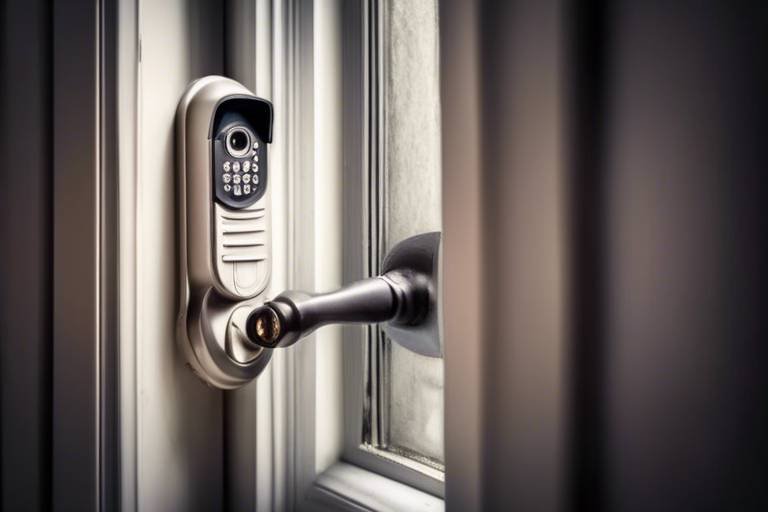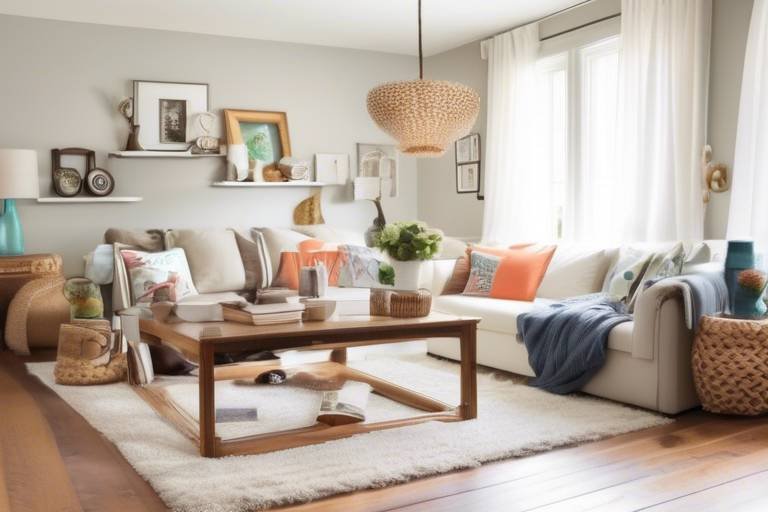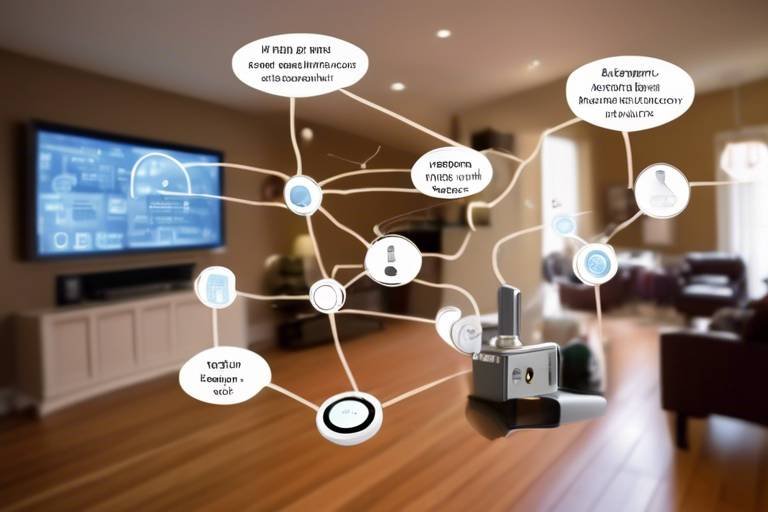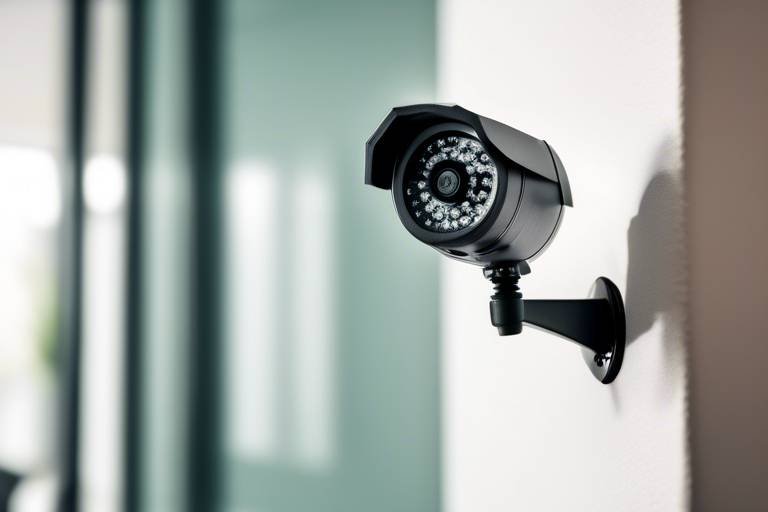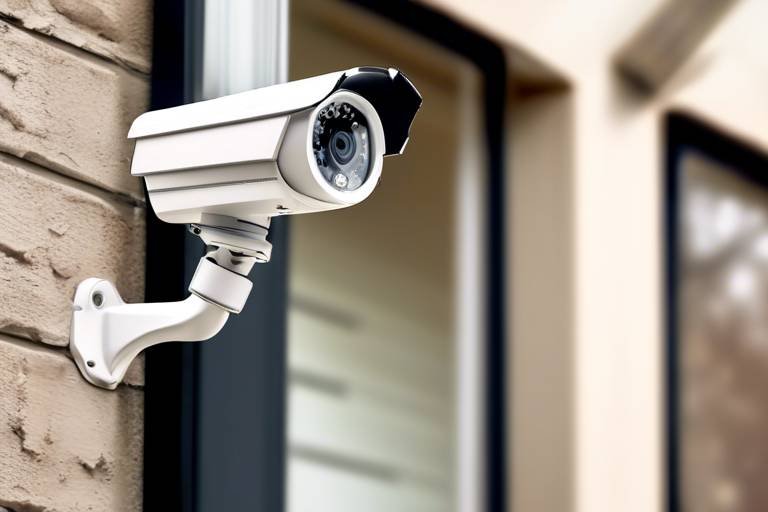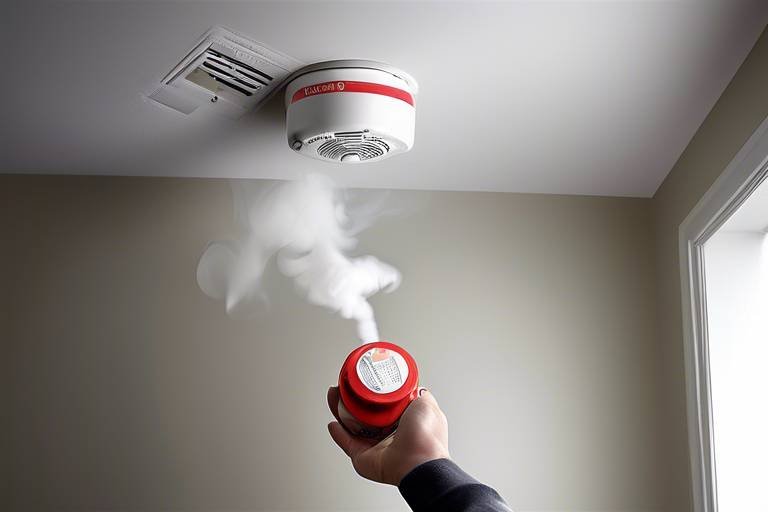Effective Home Security Strategies for Apartment Dwellers
Living in an apartment can be a delightful experience, offering convenience and community. However, it also comes with its unique set of security challenges. As an apartment dweller, you might wonder, "How can I ensure my home is safe?" This article explores practical and effective home security strategies tailored specifically for those living in apartments. From assessing vulnerabilities to utilizing the latest technology, we’ll cover essential tips to enhance your safety, prevent break-ins, and create a secure living environment.
Identifying potential security weaknesses in your apartment is crucial. Start by looking around your living space and asking yourself a few questions: Are your doors sturdy? Do your windows lock securely? What about the lighting in common areas? By conducting a thorough assessment, you can pinpoint where improvements are needed. Common vulnerabilities include:
- Weak door frames that can be easily kicked in.
- Windows without locks or those that can be easily opened from the outside.
- Poor lighting in hallways and entryways that provide cover for intruders.
Once you identify these weaknesses, you can take action to fortify your home. Consider speaking with your landlord about potential upgrades or enhancements that can be made to improve security.
Doors and windows are primary access points for intruders. Ensuring these areas are secure is essential for your peace of mind. Start with your doors; they should be robust and equipped with high-quality locks. If your apartment allows it, consider adding a deadbolt or a security bar for extra protection.
Reinforcing your doors can significantly deter unauthorized access. Here are some effective methods:
- Deadbolts: These provide an extra layer of security and are harder to pick than standard locks.
- Door jammers: A simple yet effective tool that prevents the door from being forced open.
- Security bars: These can be installed on sliding doors or windows to prevent them from being opened from the outside.
Selecting high-quality locks can significantly improve security. Look for locks that are rated for residential use and consider consulting with a locksmith to find the best options for your apartment. Remember, the better the lock, the harder it is for intruders to gain entry.
Peepholes and door chains offer added security and peace of mind. A peephole allows you to see who is at your door without opening it, while a door chain can prevent someone from entering even if they manage to unlock the door. Both features are relatively easy to install and can be a great addition to your security measures.
Windows are often overlooked in security plans, yet they are a common entry point for burglars. To secure your windows, consider the following:
- Install window locks that are sturdy and easy to use.
- Use window sensors that alert you if a window is opened.
- Add protective film to your windows, making them harder to break.
Smart home technology can enhance security significantly. With the right tech solutions, you can monitor your apartment remotely and receive alerts about suspicious activity. Consider integrating devices like security cameras, alarms, and smart locks into your security system. These tools not only provide safety but also convenience.
With numerous options available, selecting the right security system can be daunting. Look for systems that offer features such as remote monitoring, mobile alerts, and easy installation. Read reviews and ask for recommendations from friends or neighbors to find a system that fits your needs and budget.
Smart home devices offer convenience and security. Devices like smart lights can be programmed to turn on and off at specific times, creating the illusion that someone is home. Similarly, smart cameras allow you to keep an eye on your apartment from anywhere, giving you peace of mind whether you’re at work or on vacation.
A strong community can enhance security. Building relationships with your neighbors and establishing a neighborhood watch program can create a safer environment for everyone. When you know your neighbors, you’re more likely to look out for one another.
Open communication with neighbors fosters a secure environment. Share contact information and discuss any concerns about safety in your building or neighborhood. Regularly checking in with one another can create a sense of community and vigilance.
Establishing a neighborhood watch can deter crime effectively. Gather interested neighbors and discuss setting up a watch program. This involves regular meetings to discuss safety concerns and strategies, as well as organizing patrols in your area.
Being prepared for emergencies is vital for safety. Create an emergency plan that includes evacuation routes and contact information for local authorities. Ensure that all household members are aware of the plan and practice it regularly.
Creating a clear evacuation plan ensures everyone knows what to do in an emergency. Identify exits in your apartment and practice your plan with all household members. Make sure everyone understands where to go and how to communicate in case of an emergency.
Staying informed about local crime and safety issues is essential. Utilize local news outlets, community forums, and social media groups to keep updated on safety matters in your area. Being aware of local crime trends can help you adjust your security measures accordingly.
Understanding insurance and legal aspects of home security is crucial. Renter’s insurance is an essential safeguard that protects your belongings in case of theft or damage. Familiarize yourself with your rights as a tenant regarding security measures in your apartment.
Renter’s insurance protects your belongings against theft, fire, and other unforeseen events. It's relatively inexpensive and can provide peace of mind, knowing that your possessions are covered. Be sure to review what your policy covers and consider additional coverage if necessary.
Knowing your legal rights regarding security measures can empower you. Familiarize yourself with tenant rights and responsibilities related to apartment security. This knowledge can help you advocate for necessary changes in your building to enhance safety.
In conclusion, implementing effective security strategies is vital for apartment dwellers. By assessing vulnerabilities, securing entry points, utilizing technology, building community awareness, and preparing for emergencies, you can create a safer living environment. Remember, taking proactive steps towards enhancing your home security not only protects you but also contributes to the safety of your entire community.
Q: What should I do if my apartment lacks security features?
A: Speak to your landlord about potential upgrades, such as better locks or security systems.
Q: Is renter's insurance worth it?
A: Yes, renter's insurance is a cost-effective way to protect your belongings from theft and damage.
Q: How can I get my neighbors involved in a neighborhood watch?
A: Organize a meeting to discuss safety concerns and share ideas on how to keep the community secure.
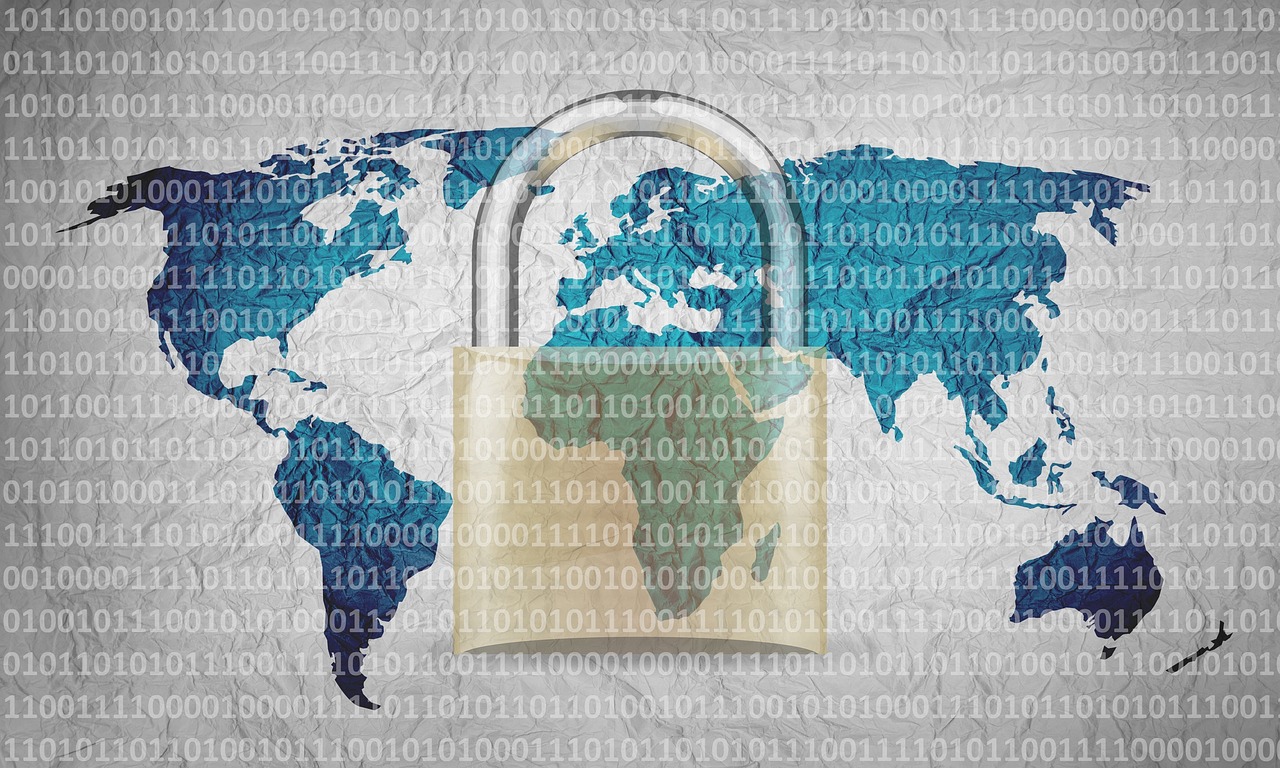
Assessing Vulnerabilities
When it comes to securing your apartment, the first step is to thoroughly assess your vulnerabilities. Think of your living space as a fortress; if you don’t know where the weak points are, how can you fortify them? Start by taking a good look at your entry points—doors, windows, and even less obvious areas like vents or balconies. Each of these can be potential gateways for intruders, so identifying them is crucial.
To effectively assess your vulnerabilities, consider conducting a personal security audit. Walk through your apartment as if you were a burglar. What would you target? Are there any easy access points that could be exploited? Here are some common vulnerabilities to keep in mind:
- Inadequate locking mechanisms on doors and windows.
- Poor lighting in entryways or common areas.
- Visible valuables that might tempt a thief.
- Weak or flimsy doors that can be easily kicked in.
Once you've identified these weaknesses, it’s time to prioritize them. Not all vulnerabilities are created equal; some may pose a greater risk than others. For instance, if your front door doesn’t have a deadbolt, that should be at the top of your list. On the other hand, if your window locks are outdated but still functional, you might choose to address them later.
Consider keeping a vulnerability assessment checklist handy. This can help you systematically evaluate each area of your apartment over time. You can create a simple table to track your findings and action items:
| Vulnerability | Priority Level | Action Needed |
|---|---|---|
| Front Door Lock | High | Install a deadbolt |
| Window Locks | Medium | Upgrade to modern locks |
| Outdoor Lighting | Low | Add motion-sensor lights |
Moreover, don't underestimate the importance of environmental factors in your vulnerability assessment. For example, if your apartment is on the ground floor, the risk of a break-in increases significantly. In such cases, consider additional measures like window bars or security film to reinforce your defenses.
Lastly, it's essential to stay informed about crime trends in your area. Local crime reports can provide insights into what types of crimes are prevalent and which neighborhoods are at higher risk. This information can guide your security enhancements and help you stay one step ahead.
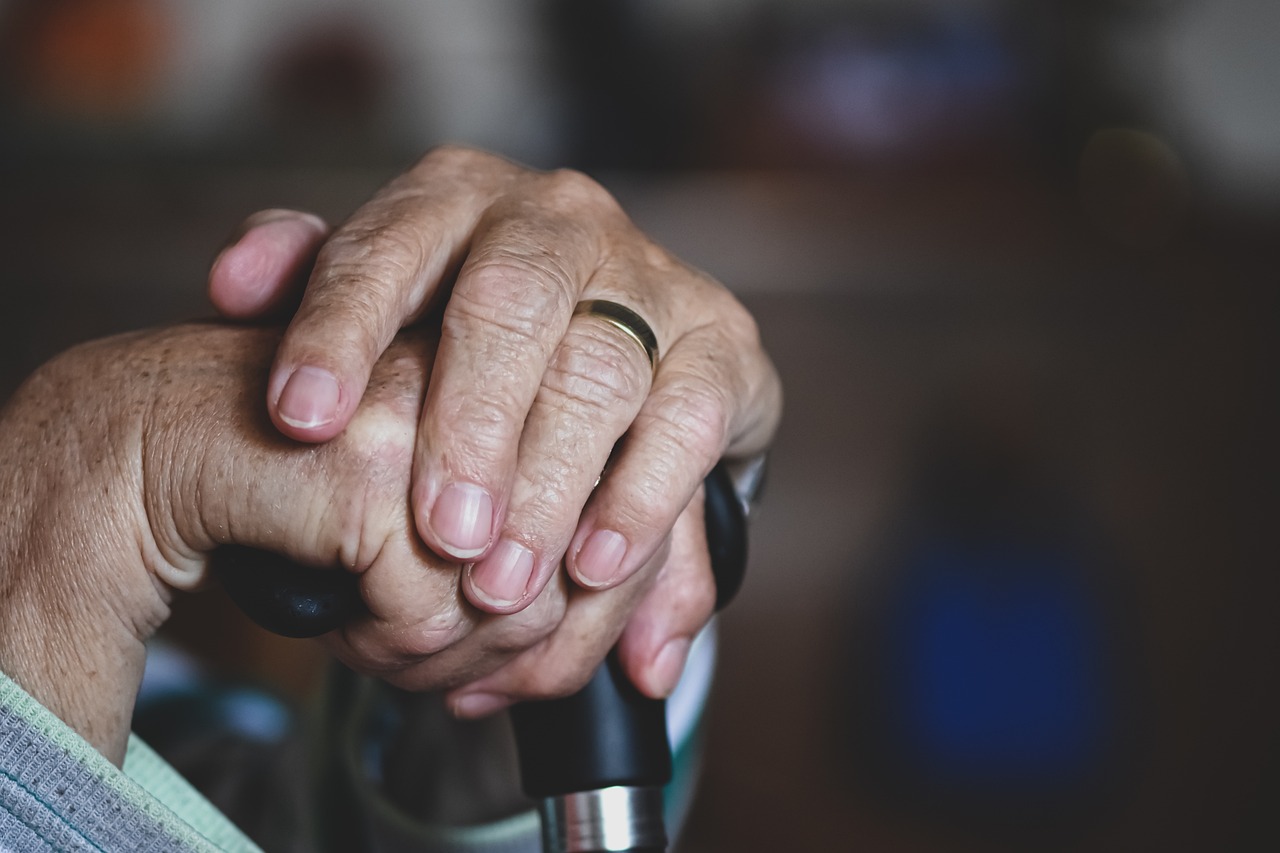
Securing Entry Points
When it comes to home security, is the first line of defense against potential intruders. Your apartment may have various entry points, but the most critical ones are undoubtedly the doors and windows. By focusing on these areas, you can significantly reduce the risk of break-ins and enhance your peace of mind. It's essential to adopt a comprehensive approach to securing these access points, as each layer of security adds an extra barrier against unwanted visitors.
First and foremost, let's talk about doors. They are the primary entryways into your apartment, making them a prime target for burglars. To fortify your doors, consider investing in high-quality deadbolts. Unlike standard locks, deadbolts provide an additional layer of security that is much harder to pick or force open. Additionally, you might want to explore options like door jammers and security bars that can physically prevent doors from being opened, even if the lock is compromised. These solutions are not just about adding locks; they are about creating a fortress around your home.
Next, let’s dive into choosing the right locks. With so many options available, it can be overwhelming to determine which locks will offer the best protection. Look for locks that are ANSI/BHMA certified, as they meet specific security standards. Also, consider smart locks that allow you to control access through your smartphone. This can be particularly useful if you have guests or service providers who need temporary access, as you can grant or revoke access remotely.
But doors aren't the only entry points that need attention; windows are just as important! Many people overlook window security, assuming that if the door is locked, they are safe. However, windows can be an easy target for burglars, especially if they are left unlocked or unmonitored. To secure your windows, consider installing locks on each one. Additionally, window sensors can alert you if a window is opened unexpectedly. For an added layer of protection, you might also think about applying protective window film. This film makes it more difficult for intruders to break the glass, acting as a deterrent and giving you more time to react in case of an attempted break-in.
Furthermore, it’s worth mentioning the value of peepholes and door chains. These features allow you to verify who is at your door before opening it. Installing a peephole is a straightforward task that can significantly enhance your security. Similarly, a door chain can provide an additional measure of safety, allowing you to open the door slightly while keeping the chain engaged. This way, you can interact with visitors without fully opening the door, giving you control over who enters your space.
In summary, securing entry points is a multifaceted task that requires a blend of strong locks, physical barriers, and smart technology. By taking the time to reinforce your doors and windows, you can create a safer living environment that deters potential intruders. Remember, the goal is not just to make your apartment secure but to feel secure in your own home. After all, peace of mind is priceless!
- What is the best type of lock for apartment doors? High-quality deadbolts are highly recommended, as they provide an additional layer of security compared to standard locks.
- How can I secure my windows? Install locks on each window and consider using window sensors and protective film to enhance security.
- Are smart locks worth it? Yes, smart locks offer convenience and security, allowing you to manage access remotely.
- What are the benefits of installing peepholes? Peepholes allow you to see who is at your door before opening it, adding an extra layer of safety.

Reinforcing Doors
When it comes to securing your apartment, reinforcing your doors is one of the most effective strategies you can implement. Think of your door as the first line of defense against intruders—just like a castle gate! If it's weak or poorly secured, it’s like inviting trouble right into your living room. So, how do you fortify this critical entry point? There are several methods, each offering varying degrees of protection.
One of the best ways to enhance door security is by installing a deadbolt lock. Unlike standard spring bolt locks, which can be easily manipulated, deadbolts require a key or thumb turn to operate, making them much harder to pick or force open. For added security, consider using a high-security deadbolt that features anti-drill pins and hardened steel construction. This investment can significantly increase your peace of mind.
Additionally, you can use door jammers or security bars. Door jammers are simple devices that brace against the floor and the door, providing an extra layer of resistance. They are particularly useful when you are at home and want to ensure that no one can force their way in. On the other hand, security bars can be installed on the inside of your door, making it nearly impossible for someone to pry it open. These options are not only effective but also relatively inexpensive compared to the potential loss from a break-in.
Another crucial aspect of reinforcing your door is the quality of the door itself. If your door is hollow-core, consider replacing it with a solid-core door. Solid-core doors are much more resistant to kicks and forced entry, providing a significant upgrade in security. While this might require a bit more effort and investment, think of it as a long-term safeguard for your home.
Finally, don’t overlook the importance of door hinges. Many people forget that hinges can also be a weak point. Ensure that your door hinges are secured with long screws that penetrate deep into the door frame, making it harder for someone to remove the door from its hinges. You can also use hinge bolts, which are small devices that engage when the door is closed, preventing it from being removed even if the hinges are tampered with.
In summary, reinforcing your doors is not just about adding locks; it’s about creating a comprehensive security strategy. By investing in high-quality locks, utilizing door jammers or security bars, upgrading to solid-core doors, and securing your hinges, you’ll create a formidable barrier against intruders. Remember, a well-secured door is your first step toward a safer living environment!
- What is the best type of lock for apartment doors?
The best type of lock for apartment doors is a high-security deadbolt. It provides superior resistance against picking and forced entry.
- Are door jammers effective?
Yes, door jammers are very effective as they provide an additional layer of security, especially when you are at home.
- Can I install a security bar myself?
Absolutely! Security bars are relatively easy to install and can be done with basic tools.
- Is a solid-core door really worth the investment?
Yes, a solid-core door significantly enhances security and can deter intruders more effectively than a hollow-core door.
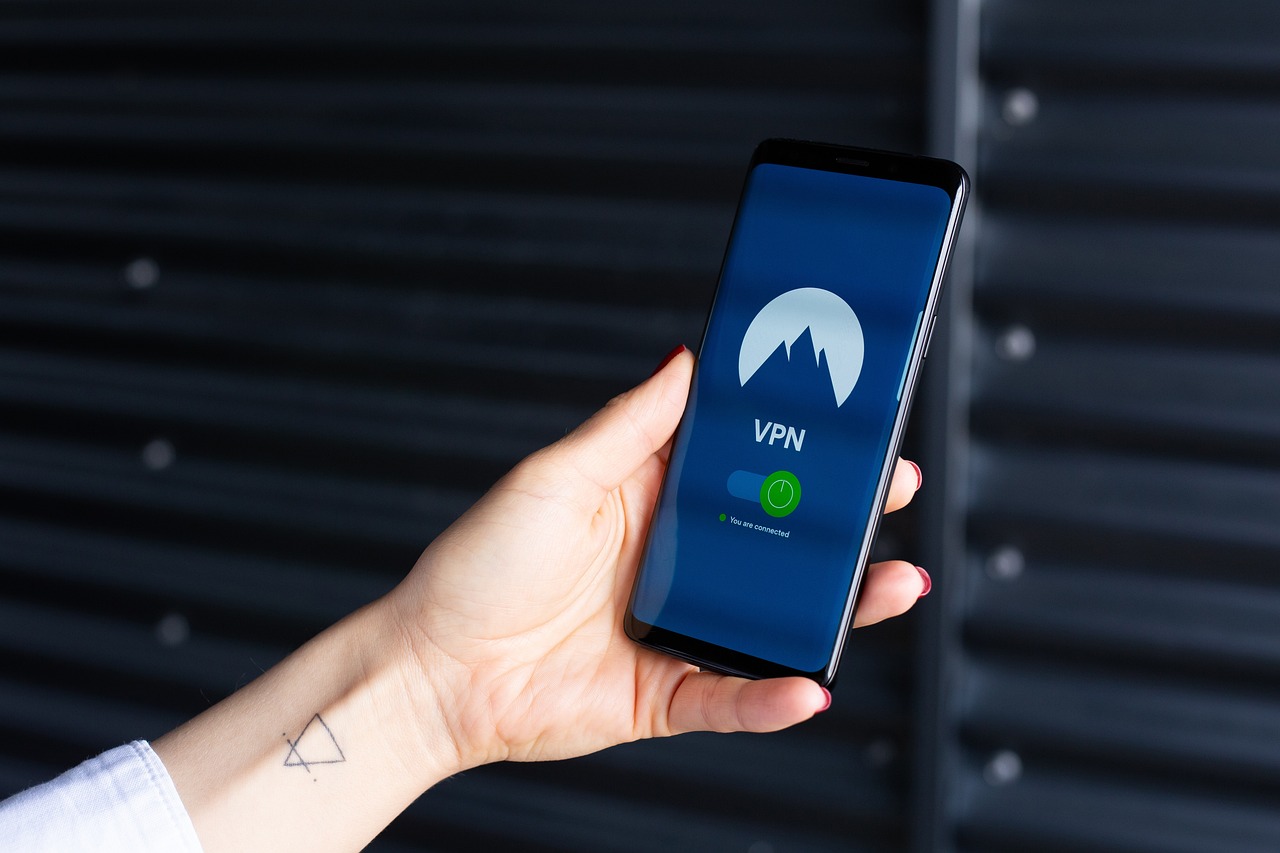
Choosing the Right Locks
When it comes to securing your apartment, choosing the right locks is a fundamental step that can make a significant difference in your overall safety. High-quality locks act as the first line of defense against intruders, and investing in them is essential for peace of mind. But with so many options available, how do you know which locks are the best for your needs? Let's break it down.
First and foremost, consider the type of door you have. Most apartment doors are made of either wood or metal, and the locking mechanisms can vary widely. For wooden doors, a deadbolt is an excellent choice as it provides a higher level of security than a standard doorknob lock. Deadbolts come in single and double-cylinder variations; the former requires a key only from the outside, while the latter requires a key from both sides. If you’re in a busy area or near an entryway, a double-cylinder deadbolt can be more secure, but keep in mind that it can also pose a risk in emergencies if you can’t find your keys.
For metal doors, you might want to consider a smart lock. These locks offer convenience and enhanced security features, such as remote access and monitoring via your smartphone. They can be particularly useful if you frequently have guests or service personnel entering your apartment. Just ensure that the smart lock you choose is compatible with your door and offers a reliable backup option, like a physical key, in case the technology fails.
It's also important to look into the grade of the lock. Locks are rated by the American National Standards Institute (ANSI) on a scale from Grade 1 to Grade 3, with Grade 1 being the most secure. Investing in a Grade 1 lock can provide added assurance that your apartment is well-protected. Additionally, consider locks with features like anti-drill plates and pick-resistant pins, which can thwart common break-in techniques.
Another aspect to consider is the installation process. Even the best lock is ineffective if not installed correctly. If you're not comfortable doing it yourself, hiring a professional locksmith can ensure that your locks are properly fitted and functioning as intended. Remember, a lock that’s hard to operate or poorly installed can be just as vulnerable as a weak one.
In summary, choosing the right locks for your apartment involves evaluating the type of door, considering the level of security you need, and ensuring proper installation. By taking these steps, you can significantly enhance your apartment's security and protect yourself and your belongings.
- What is the best type of lock for an apartment door? A deadbolt is generally recommended for its enhanced security, but smart locks are also a great option for convenience.
- How often should I change my locks? It's advisable to change your locks whenever you move into a new apartment or if you lose your keys.
- Are smart locks safe? Yes, when chosen properly and installed correctly, smart locks can offer a high level of security along with convenience.
- Can I install a lock myself? Yes, but make sure you follow the instructions carefully. If unsure, consider hiring a professional locksmith.
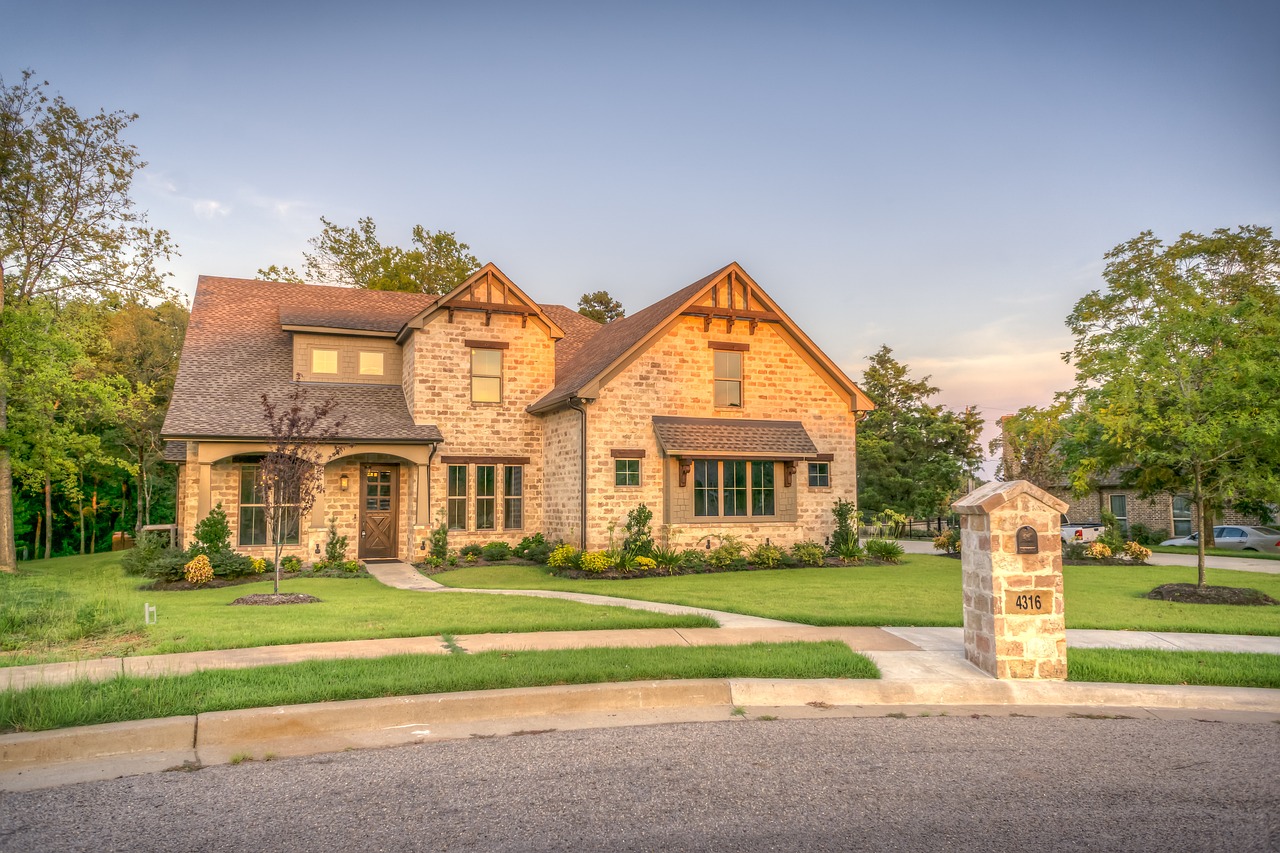
Installing Peepholes and Chains
When it comes to enhancing your apartment's security, installing peepholes and door chains can be a game-changer. These simple additions not only provide an extra layer of protection but also give you peace of mind. Imagine being able to see who's at your door before you open it, or securing your door slightly ajar to speak with someone while still keeping it locked. Sounds convenient, right?
First, let’s talk about peepholes. A peephole is a small lens installed in your door that allows you to see who is outside without opening the door. They come in various styles and sizes, but the most important factor is that they provide a wide angle of view. Typically, a peephole can offer a field of vision ranging from 160 to 180 degrees, which is more than enough to identify visitors. Installation is usually straightforward, requiring only a drill and a few minutes of your time. Just remember to choose a height that allows everyone in your household to use it comfortably.
Next, let’s consider door chains. A door chain is a simple yet effective device that allows you to open your door partially while keeping it secured. This can be particularly useful for verifying the identity of visitors without fully exposing yourself to potential threats. Installing a door chain is relatively easy; you’ll need a screwdriver and a little patience. The chain should be mounted on the door frame at a height that is accessible but not easily tampered with. When installed correctly, it can prevent unauthorized entry while allowing you to maintain a connection with the outside world.
Here’s a quick comparison of peepholes and door chains:
| Feature | Peephole | Door Chain |
|---|---|---|
| Visibility | Allows you to see outside | Allows partial opening of the door |
| Installation | Requires drilling a hole | Requires screws, easy installation |
| Security Level | Medium | High when used with a locked door |
Incorporating both peepholes and door chains into your apartment security strategy can significantly enhance your safety. They serve as simple yet effective deterrents against potential intruders. Plus, they are affordable and easy to install, making them perfect for renters who may not want to make extensive modifications to their living space. So, before you open your door to a stranger, take a moment to consider these security enhancements. They might just be the extra layer of protection you need!
- Are peepholes easy to install? Yes, most peepholes come with installation instructions, and the process typically requires just a drill and a few minutes of your time.
- Do door chains provide enough security? When used in conjunction with a locked door, door chains can significantly enhance your security by preventing unauthorized entry.
- Can I install these security features in a rental apartment? Absolutely! Both peepholes and door chains are renter-friendly options that do not require major modifications.
- What if my door is too thick for a standard peephole? There are adjustable peepholes available that can fit thicker doors, so you can still enjoy this security feature.
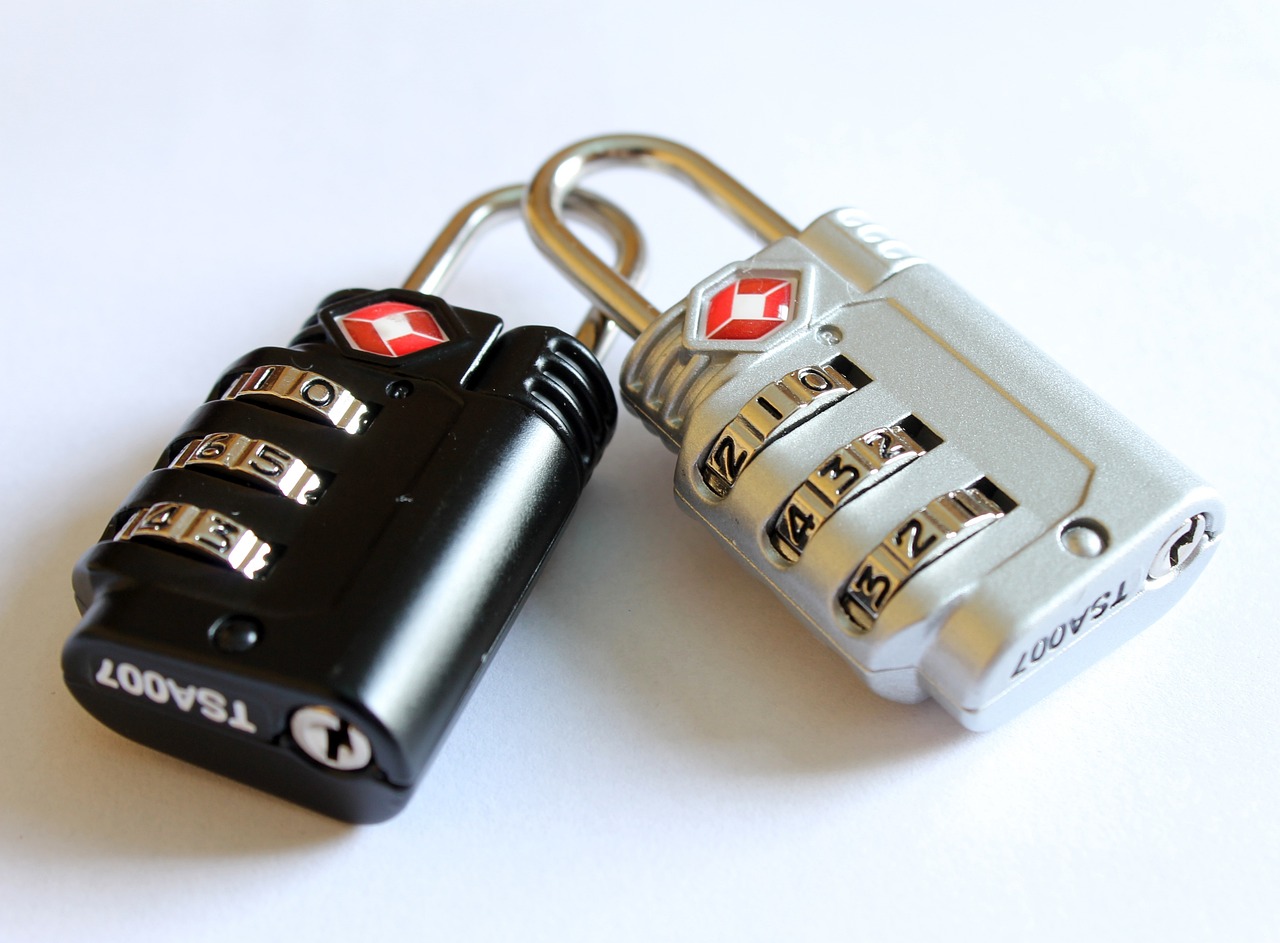
Securing Windows
When it comes to home security, windows are often the unsung heroes—or villains, depending on how you look at it. Many apartment dwellers overlook their windows, thinking that if the doors are secure, they’re safe. But let’s face it: intruders are cunning. They know that windows can be an easy target, especially if they’re left unguarded. So, how do you make sure your windows don’t become the weak link in your security chain? Here are some practical strategies.
First off, it’s essential to install high-quality locks on all your windows. Many apartments come with standard locks that are far from secure. Consider upgrading to locks that are designed to withstand tampering. Look for options like sliding window locks or key-operated locks for casement windows. Investing in these locks is like putting a sturdy bolt on your treasure chest; it makes it much harder for would-be thieves to access your valuables.
In addition to locks, window sensors are a fantastic way to enhance security. These sensors can alert you if someone tries to open a window unexpectedly. Imagine being at home, and your security system sends you a notification that a window has been tampered with. This can give you precious time to react and call for help if needed. You can find various window sensors that integrate seamlessly with smart home systems, allowing you to monitor your windows from anywhere.
Another effective method is to apply protective window film. This clear film adds an extra layer of protection by making it harder for intruders to break the glass. Think of it as a superhero cape for your windows; it doesn’t make them invincible, but it certainly gives them a fighting chance. In the event of a break-in attempt, the film can hold the glass together, making it more difficult for someone to gain entry. Plus, it can also help reduce UV rays and keep your apartment cooler, which is a win-win!
Finally, consider using window coverings like blinds or curtains. Not only do they provide privacy, but they also act as a deterrent. If a potential intruder can’t see what’s inside your apartment, they might think twice before attempting a break-in. Make sure to close your blinds at night, especially if you live on a lower floor. It’s a simple yet effective way to keep your living space safe.
In summary, securing your windows is just as important as reinforcing your doors. By taking these steps—upgrading locks, installing sensors, applying protective film, and using window coverings—you can significantly enhance your apartment's security. Remember, a little precaution goes a long way in creating a safe haven for you and your loved ones.
- What are the best types of window locks for apartments?
Look for sliding window locks, key-operated locks, or even window pins that can secure the window in a closed position. These options provide enhanced security compared to standard locks.
- Can I install window sensors myself?
Yes, many window sensors are designed for easy DIY installation. Just follow the manufacturer's instructions, and you’ll have added security in no time!
- How effective is window film against break-ins?
While window film won’t make your windows unbreakable, it does add a layer of protection and can deter intruders by holding the glass together if broken.
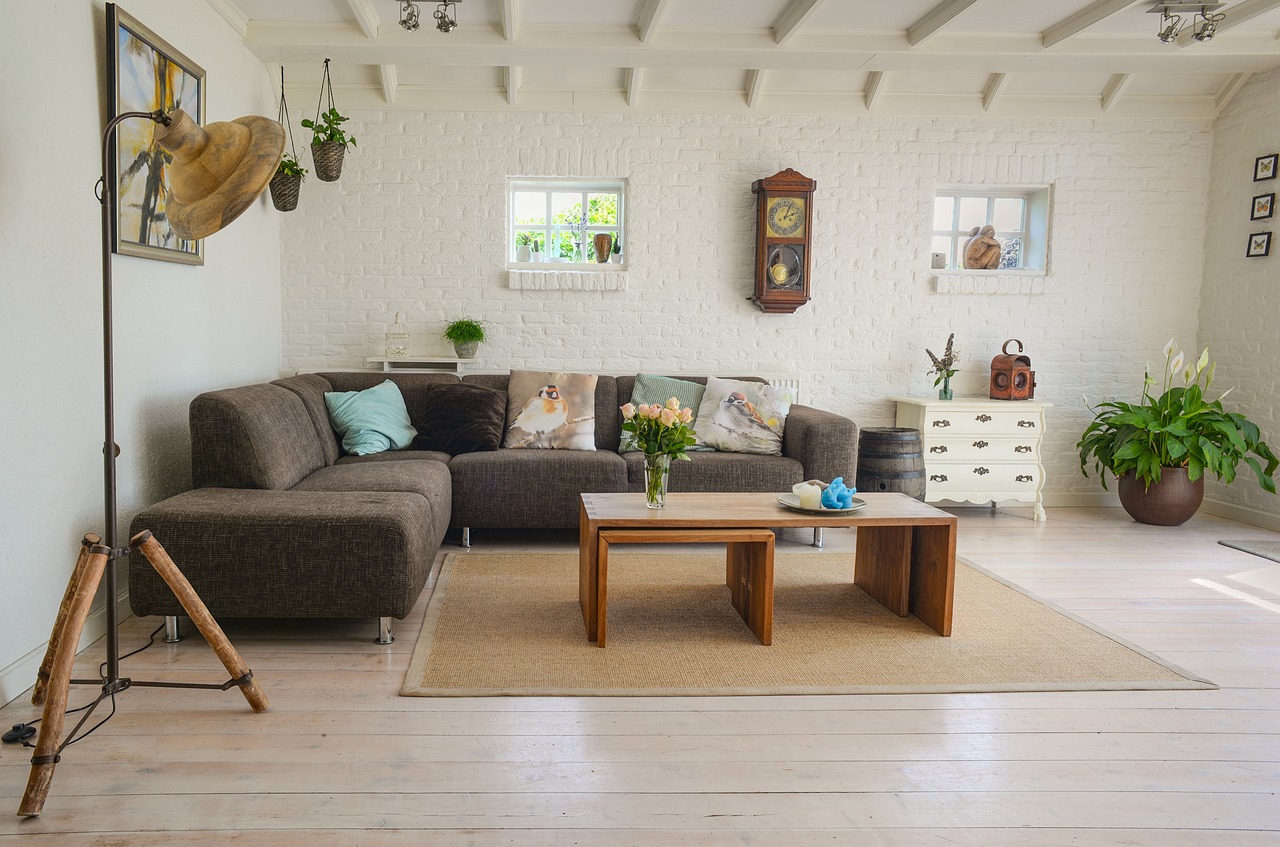
Utilizing Technology
In today’s fast-paced world, technology plays a pivotal role in enhancing our security, especially for apartment dwellers. With the rise of smart home devices, securing your living space has never been easier or more efficient. Imagine being able to monitor your apartment from anywhere in the world, all thanks to a few innovative gadgets! The integration of technology into home security not only provides peace of mind but also adds an extra layer of protection against potential intruders.
Smart home technology encompasses a variety of devices that can help you keep your apartment secure. From security cameras that allow you to keep an eye on your surroundings to smart locks that let you control access to your home remotely, the options are vast and varied. For instance, many modern security systems come equipped with motion detectors that send alerts straight to your smartphone, enabling you to respond immediately to any unusual activity.
When considering which technology to implement in your apartment, it's essential to evaluate your specific needs. Here are some key factors to consider:
- Cost: Determine your budget for security technology. While some devices can be pricey, there are plenty of affordable options that don’t compromise on quality.
- Ease of Use: Choose systems that are user-friendly and easy to install. You don’t want to spend hours trying to figure out how to operate your security setup!
- Integration: Look for devices that can work together. For instance, a security camera that integrates with smart lights can provide a more comprehensive security solution.
One of the most popular tech solutions for apartment security is the use of smart locks. These locks can be controlled via your smartphone, allowing you to lock or unlock your door from anywhere. Imagine coming home with your hands full of groceries and being able to unlock your door with just a tap on your phone! Additionally, some smart locks offer features like temporary access codes for guests or service personnel, providing convenience without sacrificing security.
Another fantastic addition to your apartment security arsenal is the security camera. With options ranging from indoor cameras that monitor your living space to outdoor cameras that keep an eye on common areas, these devices can deter potential intruders. Many modern cameras come equipped with night vision and motion detection, ensuring that you have a clear view of your surroundings at all times. Plus, with cloud storage options, you can easily access recorded footage whenever you need it.
But it doesn't stop there! Smart home devices can also include smart lights that can be programmed to turn on and off at specific times, giving the illusion that someone is home even when you're not. This simple yet effective strategy can significantly reduce the likelihood of break-ins. After all, who would want to target a home that looks occupied?
In summary, utilizing technology for home security is not just a trend; it's a necessity in our modern living environment. By incorporating smart devices into your security strategy, you can create a safer space while enjoying the convenience that technology brings. So, why not take advantage of these advancements and give yourself the peace of mind you deserve?
Q: What are the best smart home devices for apartment security?
A: Some of the best devices include smart locks, security cameras, motion sensors, and smart lighting systems. These devices work together to provide a comprehensive security solution.
Q: Are smart locks safe?
A: Yes, smart locks are generally safe when installed correctly. Look for models with strong encryption and additional security features to ensure maximum protection.
Q: How can I monitor my apartment while I'm away?
A: You can use security cameras with remote access features, allowing you to check in on your apartment in real-time through your smartphone or computer.
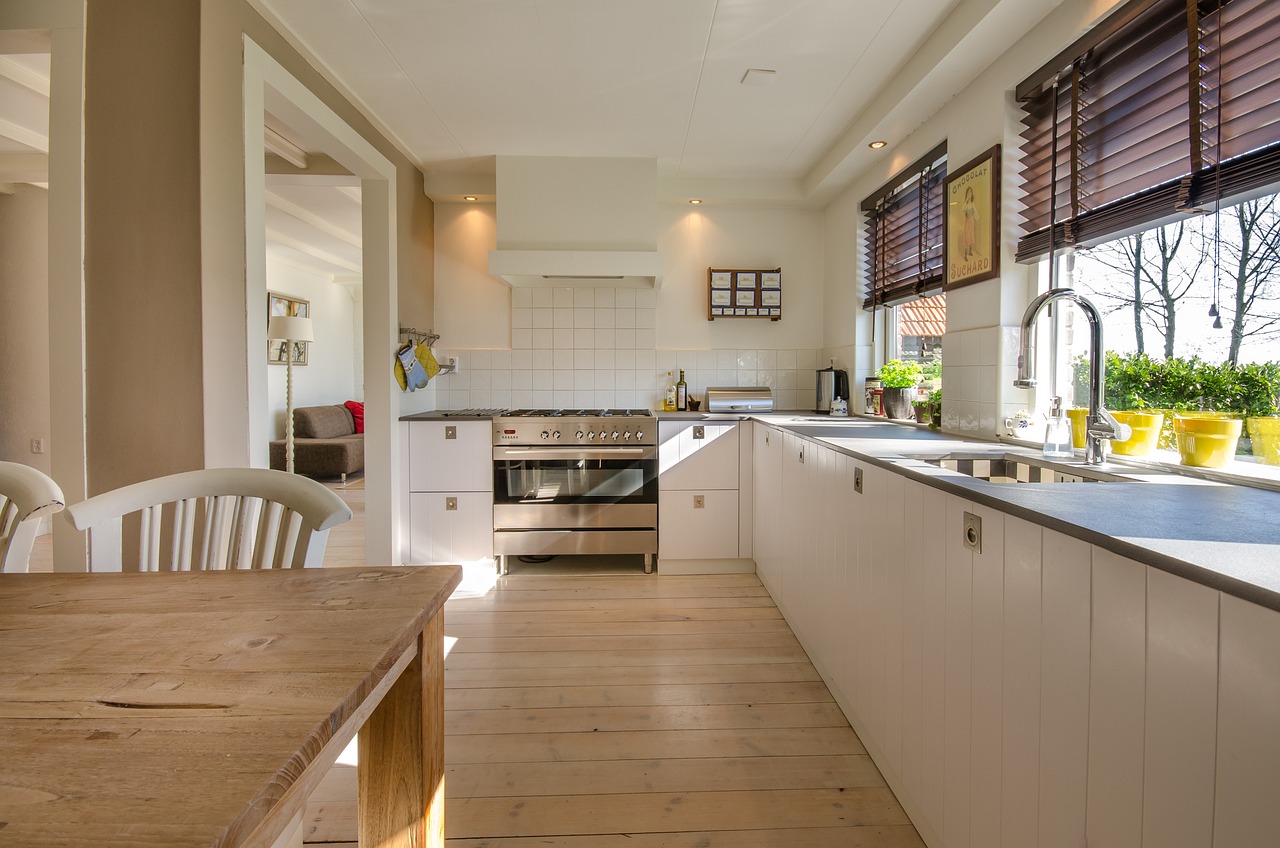
Choosing the Right Security System
When it comes to securing your apartment, selecting the right security system can feel like navigating a maze. With so many options available, it’s easy to become overwhelmed. But fear not! Let’s break it down together. First off, consider what your specific needs are. Are you looking for a simple alarm system, or do you want a comprehensive setup with cameras and smart technology? Understanding your priorities is the first step toward making an informed decision.
One of the best ways to start is by evaluating your apartment's layout and identifying vulnerable areas. For instance, if you have large windows or multiple entry points, investing in a system that includes window sensors and surveillance cameras might be wise. On the other hand, if your apartment building has robust security measures in place, you might opt for a more basic alarm system.
Next, think about the technology you’re comfortable with. Many modern security systems offer smart home integration, allowing you to control everything from your smartphone. This can be incredibly convenient, especially if you travel often or have a busy lifestyle. Imagine being able to check your security cameras while sipping coffee at your favorite café! However, if technology isn’t your strong suit, you may want to stick to a more traditional system that’s easy to operate.
Also, consider the installation process. Some systems are DIY-friendly, meaning you can set them up yourself without needing a technician. Others may require professional installation, which can add to your overall cost. Make sure to factor in these aspects when budgeting for your security system.
To help you in your decision-making process, here are a few key features to look for:
- Monitoring Options: Decide if you want a self-monitored system or one that offers professional monitoring services. The latter can provide peace of mind, especially if you’re away from home frequently.
- Mobile Access: Ensure that the system you choose allows you to monitor your apartment remotely through a mobile app.
- Video Surveillance: Look for systems that include high-definition cameras with night vision capabilities.
- Smart Home Integration: If you already use smart devices, consider a security system that can integrate seamlessly with them.
Lastly, don't forget to read customer reviews and compare prices. Many reputable websites offer side-by-side comparisons of different systems, which can be incredibly helpful. By taking the time to research, you can find a security system that not only fits your needs but also your budget.
In conclusion, choosing the right security system for your apartment is all about understanding your needs, evaluating your options, and doing a bit of research. Remember, a well-chosen security system can provide you with peace of mind, allowing you to enjoy your home without constantly worrying about safety.
1. What is the best type of security system for an apartment?
The best type of security system depends on your specific needs. However, a combination of alarms, window sensors, and cameras is generally recommended for comprehensive coverage.
2. Can I install a security system myself?
Yes, many modern security systems are designed for DIY installation. However, if you prefer, professional installation services are also available.
3. How much should I expect to pay for a good security system?
Prices can vary widely based on features and services. Basic systems may start around $100, while more comprehensive setups can range from $300 to over $1,000.
4. Do I need a monitoring service?
Having a monitoring service can provide additional security, especially when you're away from home. However, it is not mandatory, and many systems can be self-monitored.
5. What features should I look for in a smart security system?
Look for mobile access, video surveillance capabilities, smart home integration, and user-friendly interfaces when choosing a smart security system.
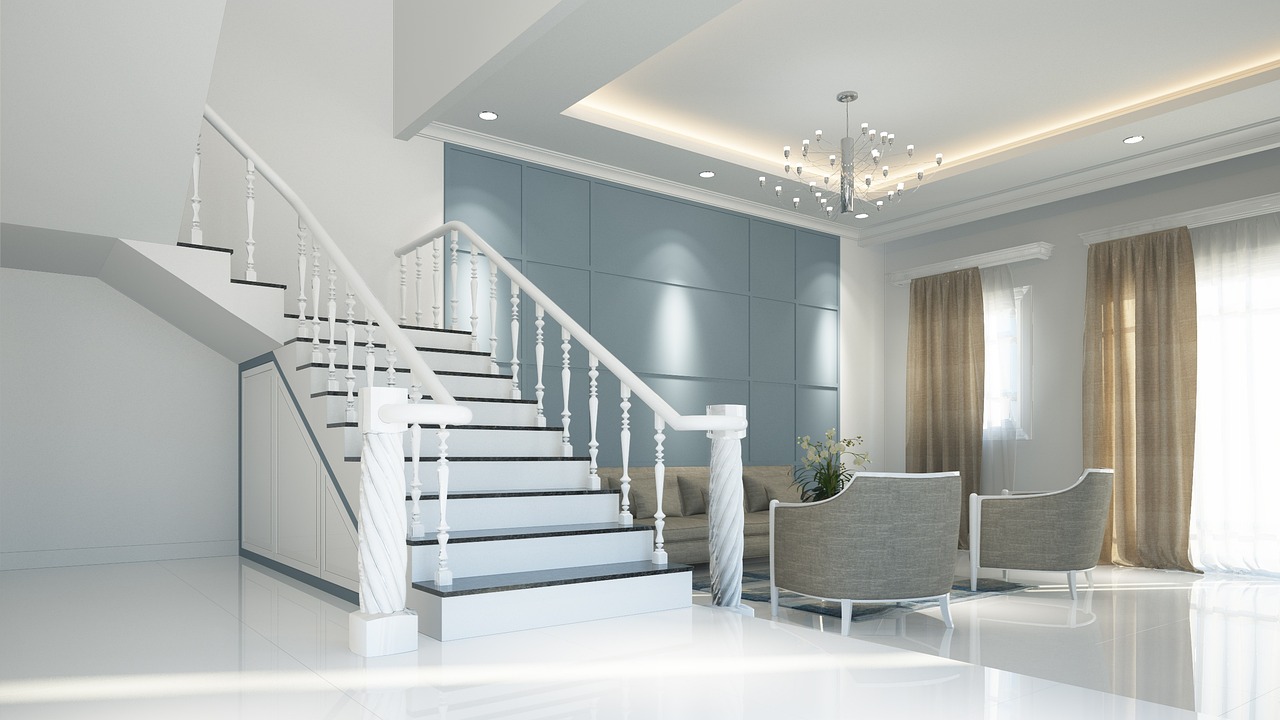
Benefits of Smart Home Devices
In today's fast-paced world, smart home devices have become more than just a luxury; they are a necessity for enhancing security and convenience in our daily lives. Imagine being able to monitor your apartment from anywhere, adjust your lights remotely, or receive alerts when motion is detected—all from your smartphone. These devices offer a range of benefits that can significantly improve your home security strategy.
First and foremost, smart home devices provide real-time monitoring. With security cameras that can be accessed remotely, you can keep an eye on your apartment while you're away. This capability not only gives you peace of mind but also acts as a powerful deterrent against potential intruders. When burglars see a camera, they often think twice about breaking in. Additionally, many modern cameras come equipped with features like night vision and motion detection, ensuring that your home is monitored around the clock.
Another significant advantage is the ability to automate your home security. For example, smart locks allow you to lock and unlock your doors using your smartphone, eliminating the need for traditional keys. This can be particularly useful if you have guests or service personnel coming over when you're not home. Imagine being able to grant access remotely without having to rush back to your apartment!
Furthermore, smart home devices can work together to create a comprehensive security system. For instance, you can set up your smart lights to turn on automatically when your security camera detects motion. This combination not only scares off potential intruders but also gives the illusion that someone is home, even when you're away. The integration of devices enhances your overall security strategy, making it more effective and user-friendly.
Let’s not forget about the convenience factor. With smart home devices, you can control your security system with just your voice or through an app, making it easier to manage your home security on the go. Whether you’re returning from a long day at work or enjoying a vacation, having the ability to check in on your home and make adjustments as needed is invaluable.
To give you a clearer picture, here’s a quick overview of some popular smart home devices and their benefits:
| Device | Benefits |
|---|---|
| Smart Cameras | Real-time monitoring, night vision, motion detection |
| Smart Locks | Remote access, keyless entry, temporary access codes |
| Smart Lights | Automated lighting, remote control, energy efficiency |
| Smart Alarms | Instant alerts, integration with other devices, customizable settings |
In conclusion, the integration of smart home devices into your apartment security plan not only enhances your safety but also adds a layer of convenience that traditional security measures simply can't match. As technology continues to advance, embracing these innovations can lead to a more secure and efficient living environment. So, why not take the plunge and invest in smart home devices? After all, a little technology can go a long way in keeping your home safe!
- What are smart home devices? Smart home devices are electronic devices that can be controlled remotely via a smartphone or a computer, often integrating with home security systems.
- Are smart home devices safe? While no system is entirely foolproof, many smart home devices come with encryption and security features that help protect against unauthorized access.
- Can I install smart home devices myself? Many smart home devices are designed for easy installation and can often be set up without professional help. However, some may require technical expertise.
- Do smart home devices work with all types of apartments? Yes, most smart home devices are flexible and can be used in various apartment types, provided there is a Wi-Fi connection.
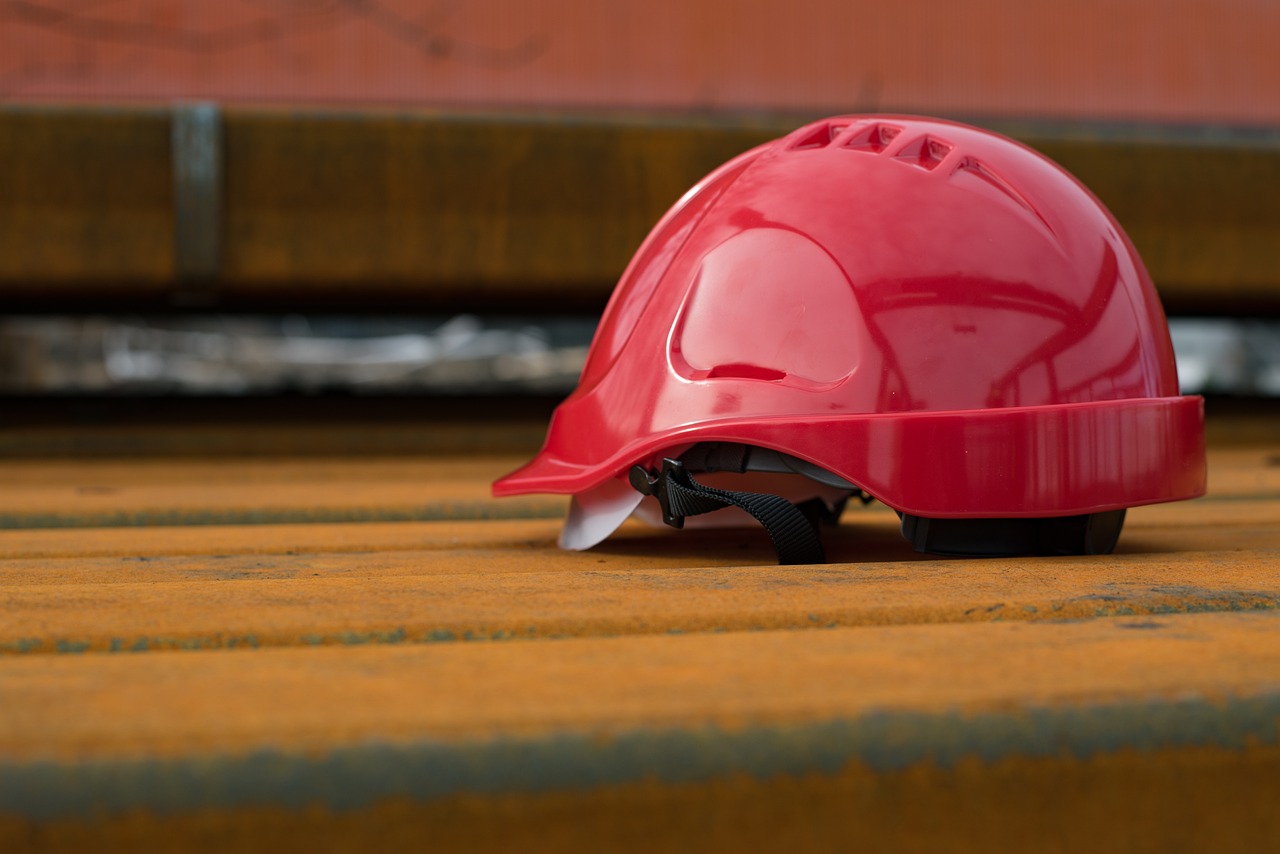
Building Community Awareness
When it comes to home security, one of the most powerful tools at your disposal is the sense of community. Building community awareness not only enhances your safety but also fosters a sense of belonging and support among neighbors. Think of it as forming a protective shield around your apartment complex; the stronger the shield, the safer everyone feels. By working together, you can create an environment where everyone looks out for one another, making it much harder for potential intruders to operate unnoticed.
One effective way to build this community awareness is through open communication. Start by introducing yourself to your neighbors. A simple smile and a friendly greeting can go a long way. You might be surprised by how many people are eager to connect. Consider organizing informal gatherings, like a coffee morning or a weekend barbecue, where everyone can share their experiences and concerns about safety. This not only breaks the ice but also establishes a network of trust and vigilance.
Another excellent strategy is to establish a neighborhood watch program. This initiative encourages residents to report suspicious activities and work together to prevent crime. Here’s how you can get started:
- Gather Interest: Speak to your neighbors to gauge interest in forming a watch group.
- Set Up Meetings: Hold regular meetings to discuss safety concerns and share updates.
- Establish Communication Channels: Create a group chat or email list to quickly share information.
- Coordinate with Local Authorities: Invite local law enforcement to your meetings for tips and guidance.
Creating a neighborhood watch not only deters crime but also fosters a strong sense of community. When neighbors know each other, they are more likely to notice unusual activities and respond proactively. Plus, it’s a fantastic way to meet new friends! Just imagine walking your dog and chatting with a neighbor who is also on the lookout for anything suspicious—it’s a win-win!
Additionally, consider utilizing social media platforms or community apps to share local safety updates. Platforms like Nextdoor or Facebook groups can be invaluable for real-time communication. You can alert your neighbors about recent incidents in the area or share tips on how to secure their homes better. This digital approach complements face-to-face interactions and keeps everyone informed about local happenings.
In conclusion, fostering community awareness is not just about enhancing security; it’s about building relationships and creating a supportive environment. By communicating openly, establishing a neighborhood watch, and utilizing technology, you can contribute to a safer living space for everyone. Remember, safety is a shared responsibility, and together, we can create a community that feels secure and connected.
Q: How can I start a neighborhood watch program?
A: Begin by gathering interest from your neighbors, organizing meetings, and coordinating with local law enforcement for guidance.
Q: What are some effective ways to communicate with my neighbors?
A: You can use group chats, community apps, or even informal gatherings to foster open communication.
Q: Why is community awareness important for apartment security?
A: A vigilant community can deter crime and provide support, making it harder for intruders to operate unnoticed.

Communicating with Neighbors
When it comes to enhancing the security of your apartment, one of the most powerful tools at your disposal is effective communication with your neighbors. Think of your neighborhood as a tight-knit community where everyone looks out for one another. By fostering open lines of communication, you create a network of vigilance that can significantly deter criminal activity. So, how can you start building these connections?
First and foremost, consider organizing casual meet-and-greet events. These gatherings don't have to be formal; a simple coffee morning or a weekend barbecue can work wonders in breaking the ice. When neighbors know each other by name, they’re more likely to notice unusual activity around your apartment. Plus, it’s a great opportunity to discuss common concerns about safety and security.
Another effective strategy is to create a dedicated communication channel for your apartment community. This could be a group chat on platforms like WhatsApp or Facebook, where residents can quickly share updates about suspicious activities or safety tips. Imagine receiving a message from a neighbor alerting you about a recent break-in in the area; this kind of timely information can be invaluable.
Additionally, don’t underestimate the power of simple gestures. A friendly wave or a quick chat in the hallway can go a long way in building rapport. For instance, if you see a neighbor struggling with groceries, offer to help. This not only strengthens your bond but also creates a sense of community where everyone feels responsible for each other’s safety.
Consider establishing a neighborhood watch program. This initiative encourages residents to be proactive in reporting suspicious activities to local authorities. To get started, you might want to gather interested neighbors and discuss the logistics, such as setting up regular meetings and creating a contact list for quick communication. Remember, the key to a successful neighborhood watch is not just vigilance but also fostering a sense of trust and camaraderie among residents.
In summary, effective communication with your neighbors is crucial for a secure living environment. By fostering relationships, sharing information, and collaborating on safety initiatives, you can create a community that stands together against potential threats. After all, a community that communicates is a community that protects.
- How can I approach my neighbors about security concerns?
Start with friendly conversation and express your concerns casually. Suggest organizing a community meeting to discuss safety. - What should I do if I notice suspicious activity?
Trust your instincts. If something feels off, report it to the authorities and inform your neighbors. - Are neighborhood watch programs effective?
Yes, they can significantly reduce crime rates by fostering community vigilance and cooperation.

Creating a Neighborhood Watch
Establishing a neighborhood watch is one of the most effective ways to enhance safety in your apartment community. Imagine a group of vigilant neighbors, all looking out for one another, creating a sense of unity and security. It’s like having a safety net woven from the threads of community spirit and proactive engagement. But how do you get started? First, gather your neighbors for a casual meeting to discuss the idea. It’s important to create an inviting atmosphere where everyone feels comfortable sharing their thoughts and concerns. This initial gathering can be as simple as a coffee morning or a weekend barbecue.
Once the interest is there, you can begin to outline the goals and structure of your neighborhood watch. Consider these key elements:
- Communication: Establish a reliable way to communicate, whether through a group chat, email list, or community board. This ensures that everyone is informed about any suspicious activities or safety tips.
- Regular Meetings: Schedule regular meetings to discuss updates, share experiences, and strategize on safety measures. Consistency is key to maintaining engagement and enthusiasm.
- Community Events: Organize events that promote community bonding, such as safety workshops or social gatherings. These can also serve as opportunities to educate residents about crime prevention techniques.
Additionally, consider collaborating with local law enforcement. Many police departments offer resources and support for neighborhood watch programs. They can provide valuable insights into local crime trends and even assist with training sessions on crime prevention strategies. By fostering a partnership with the police, you not only enhance your knowledge but also build a stronger relationship with those who are dedicated to keeping your community safe.
As your neighborhood watch grows, encourage members to report any suspicious activities. A simple call to the police can make a world of difference. Remember, the goal is not to create a culture of fear but rather to promote awareness and vigilance. When neighbors look out for one another, it cultivates a sense of belonging and community pride.
In conclusion, creating a neighborhood watch is not just about safety; it’s about building a supportive community where everyone feels empowered to take action. By working together, you can significantly reduce crime and enhance the quality of life in your apartment complex. So, grab a few neighbors, start the conversation, and watch your community flourish into a safer, more connected place.
- What is a neighborhood watch? A neighborhood watch is a community-based program where residents work together to monitor and report suspicious activities to enhance safety.
- How do I start a neighborhood watch? Gather interested neighbors, discuss safety concerns, establish communication methods, and coordinate with local law enforcement for support.
- What should we do during our meetings? Discuss updates, share experiences, strategize on safety measures, and plan community events that promote bonding and awareness.
- Is there a cost associated with starting a neighborhood watch? Generally, there are no costs, but organizing events or materials may require some funding, which can be collected from members if needed.
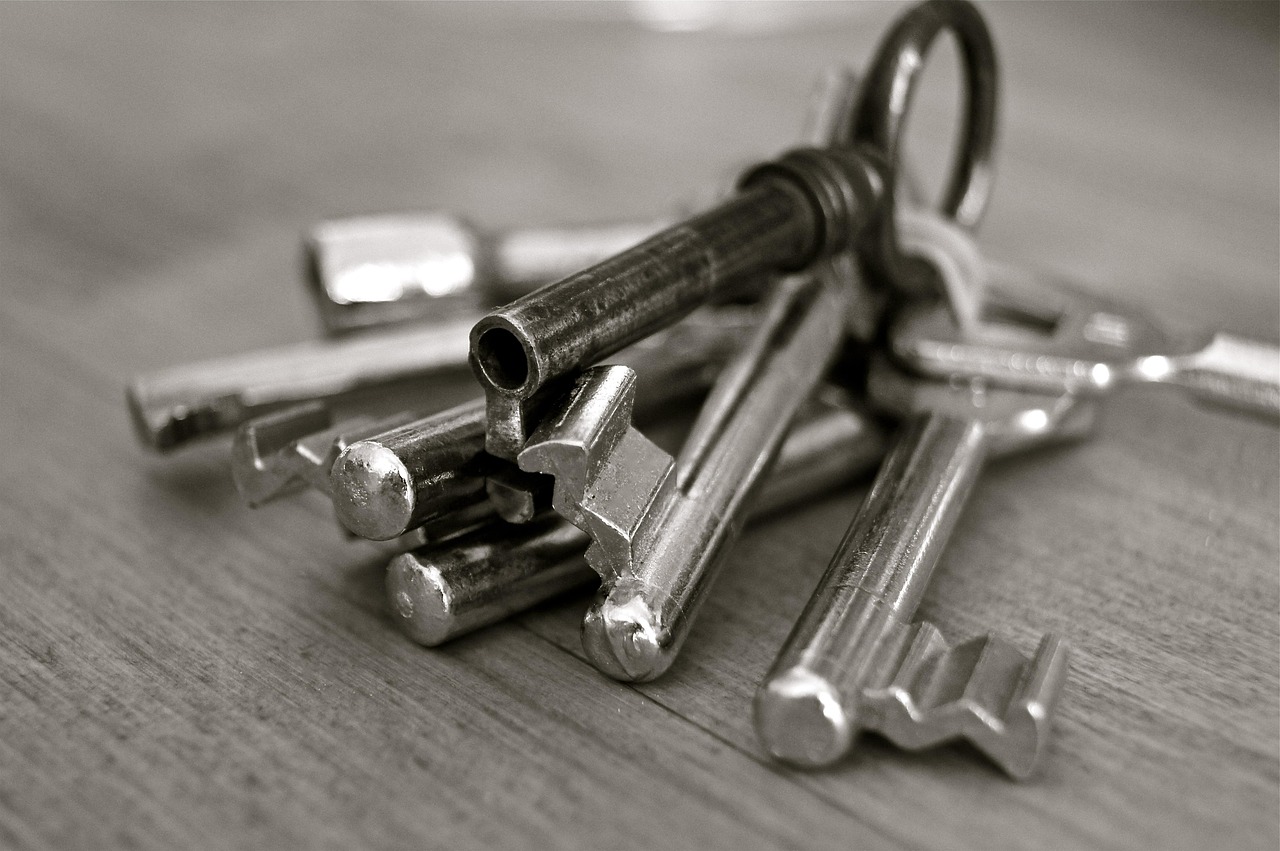
Emergency Preparedness
Being prepared for emergencies is not just a good idea; it's a necessity, especially for apartment dwellers. Imagine waking up in the middle of the night to a fire alarm blaring or an unexpected natural disaster. Would you know what to do? Having a solid emergency plan in place can make all the difference between chaos and calm. So, how do you go about ensuring that you and your loved ones are ready for anything? Let's dive into some essential strategies.
First and foremost, developing an evacuation plan is crucial. This plan should outline clear steps for exiting your apartment in case of an emergency. It’s essential that everyone in your household knows the plan, including the fastest exit routes and designated meeting points outside the building. Consider conducting regular drills to ensure that everyone feels comfortable and confident in executing the plan when it counts. You might even want to create a simple visual map of your apartment layout, marking exits and safe zones, and post it prominently on your fridge or bulletin board.
Next, staying informed about local crime and safety issues is vital. Knowledge is power, and being aware of recent incidents in your area can help you anticipate and prepare for potential threats. Many communities have online platforms or local social media groups where residents share information about safety concerns. Additionally, consider subscribing to local news alerts or using apps that provide updates on crime in your neighborhood. By keeping your finger on the pulse of your community, you can take proactive measures to enhance your safety.
Moreover, having a list of emergency contacts is essential. This list should include important phone numbers, such as family members, friends, and local emergency services. Keep this list handy in your phone and also have a physical copy in an easily accessible place, like your wallet or on the fridge. You never know when you might need to reach out for help, and having these contacts at your fingertips can save precious time in a crisis.
Lastly, it’s beneficial to prepare an emergency kit that contains essential supplies. This kit should include basic items like water, non-perishable food, a flashlight, batteries, a first-aid kit, and any necessary medications. Here’s a quick breakdown of what to include:
| Item | Quantity | Notes |
|---|---|---|
| Water | 1 gallon per person per day | For at least 3 days |
| Non-perishable food | 3-day supply | Consider protein bars, canned goods |
| Flashlight | 1 | With extra batteries |
| First-aid kit | 1 | Include personal medications |
| Whistle | 1 | To signal for help |
By taking these steps to prepare for emergencies, you can significantly reduce the chaos that often accompanies unexpected situations. Remember, when it comes to safety, being proactive is always better than being reactive. So, gather your family, discuss your plans, and ensure that everyone is on the same page. A little preparation can go a long way in keeping you and your loved ones safe.
- What should I include in my emergency kit? It's best to include water, non-perishable food, a flashlight, batteries, a first-aid kit, and any medications you may need.
- How often should I review my emergency plan? It's a good practice to review your emergency plan at least twice a year and after any significant changes in your living situation.
- What resources can I use to stay informed about local safety issues? You can use local news websites, community social media groups, and neighborhood watch programs to stay updated on safety concerns.
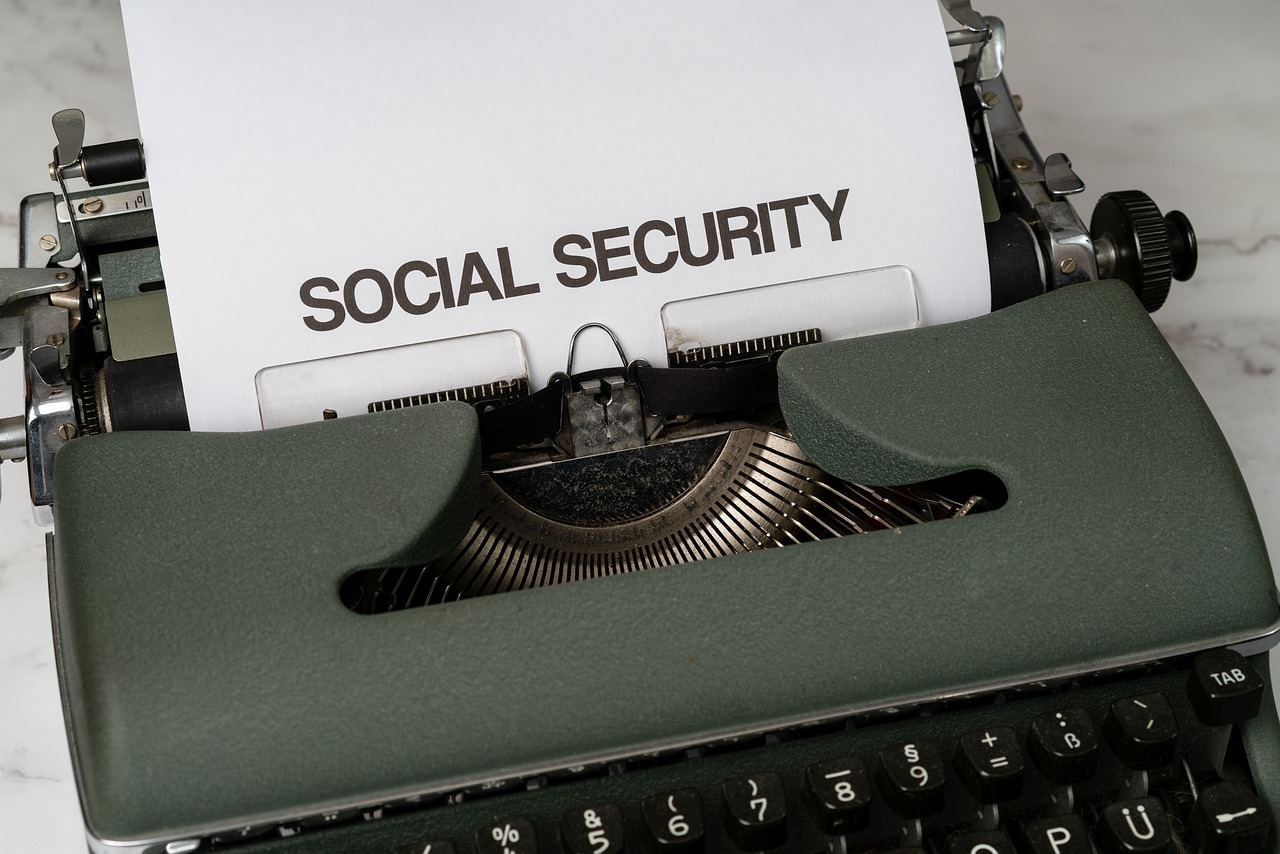
Developing an Evacuation Plan
Creating a clear and effective evacuation plan is one of the most critical steps you can take to ensure the safety of everyone in your apartment during an emergency. Imagine being in a situation where you need to leave your home quickly; having a plan can mean the difference between chaos and a smooth exit. Start by identifying all possible exits in your building. This includes not just the main doors but also any fire escapes and secondary exits. Walk through your apartment and familiarize yourself with these routes, ensuring they are accessible and clear of obstructions.
Next, it's essential to communicate this plan with everyone who lives in your apartment. Make sure that all family members or roommates know the evacuation routes and the designated meeting point outside the building. This meeting point should be a safe distance away from the building, allowing you to regroup without risking exposure to potential hazards. Consider using a simple diagram to illustrate the routes and meeting point. You can even post this diagram in a common area of your apartment for easy reference.
In addition to sharing the plan, conduct regular drills to practice the evacuation process. Just like fire drills in schools, these practice runs can help everyone feel more comfortable and prepared. It’s a good idea to set a specific time each month for these drills, making it a routine part of your household. During these drills, encourage everyone to think about what they would take with them in an emergency. Important items might include medications, important documents, and personal belongings. Having a go-bag ready can save precious time during an actual evacuation.
Lastly, don't forget to consider the unique needs of all household members. If you have pets, make sure to include them in your evacuation plan. Designate someone responsible for their care during an emergency, and keep a pet carrier and supplies near your exit route. For those with children or elderly family members, ensure that the plan accommodates their mobility and comprehension levels. By tailoring your evacuation plan to fit everyone’s needs, you create a safer environment for all.
In summary, developing an evacuation plan is not just a checklist; it’s a proactive step towards ensuring safety and peace of mind. By preparing in advance, you can turn a potentially chaotic situation into a manageable one, allowing you and your loved ones to exit your apartment swiftly and safely.
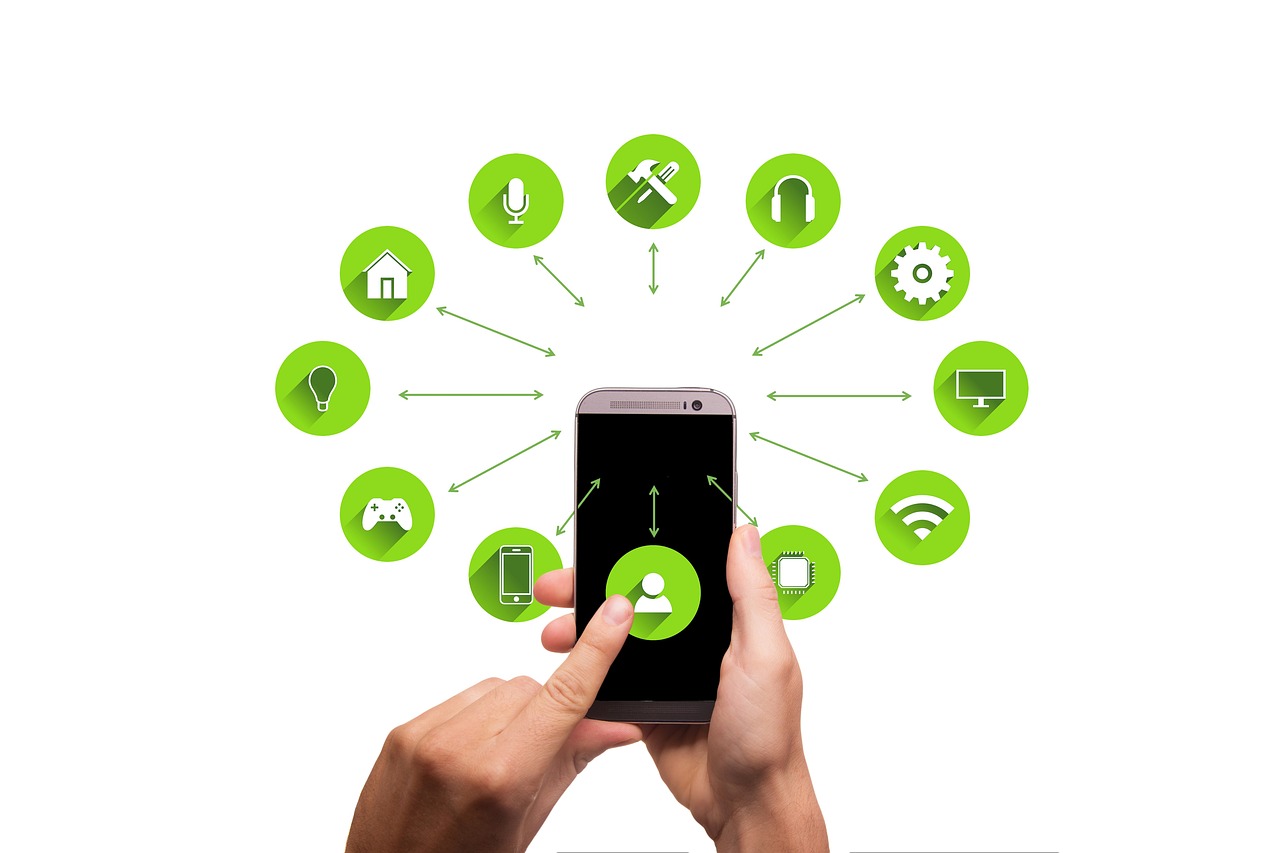
Staying Informed
Staying informed about local crime and safety issues is essential for every apartment dweller. Knowledge is power, and when it comes to security, being aware of what's happening in your neighborhood can make all the difference. Think of it like having a radar that helps you detect potential threats before they become real problems. So, how can you keep your finger on the pulse of community safety?
First, consider subscribing to local news outlets or community bulletins. Many neighborhoods have Facebook groups or Nextdoor communities where residents share information about suspicious activities or recent incidents. This can be a great way to stay updated on what’s going on around you. Moreover, local police departments often have social media pages or newsletters that provide updates on crime statistics and safety tips. Following these resources can help you stay ahead of the curve.
Another effective strategy is to participate in community meetings or neighborhood watch programs. These gatherings not only provide valuable information but also foster relationships with your neighbors, creating a supportive network. When you know your neighbors, you’re more likely to look out for one another, which can significantly enhance your overall security.
Additionally, consider utilizing technology to stay informed. There are various apps and websites that offer real-time alerts about crime in your area. For example, platforms like Citizen or Ring Neighborhood provide updates on incidents reported by other users, allowing you to stay aware of any potential dangers nearby. You can also set up notifications for specific types of incidents, ensuring that you receive alerts that matter most to you.
Lastly, don’t underestimate the power of good old-fashioned communication. Having conversations with your neighbors about safety concerns can lead to a more informed community. Share information, tips, or even local resources that can help everyone feel more secure. Remember, the more you know, the better prepared you’ll be to protect yourself and your home.
In summary, staying informed is a proactive approach to enhancing your apartment security. By leveraging community resources, technology, and open communication, you can create a safer living environment for yourself and your neighbors.
- How can I find out about crime in my area? You can subscribe to local news outlets, follow your local police department on social media, or use community apps like Citizen.
- What is a neighborhood watch program? It’s a community-based initiative where residents work together to monitor and report suspicious activities, enhancing local safety.
- Are there apps that help keep me informed about local safety? Yes, apps like Citizen and Ring Neighborhood provide real-time alerts about incidents in your area.
- How can I communicate effectively with my neighbors about safety? Organize informal gatherings, join local social media groups, or simply start conversations when you see them.
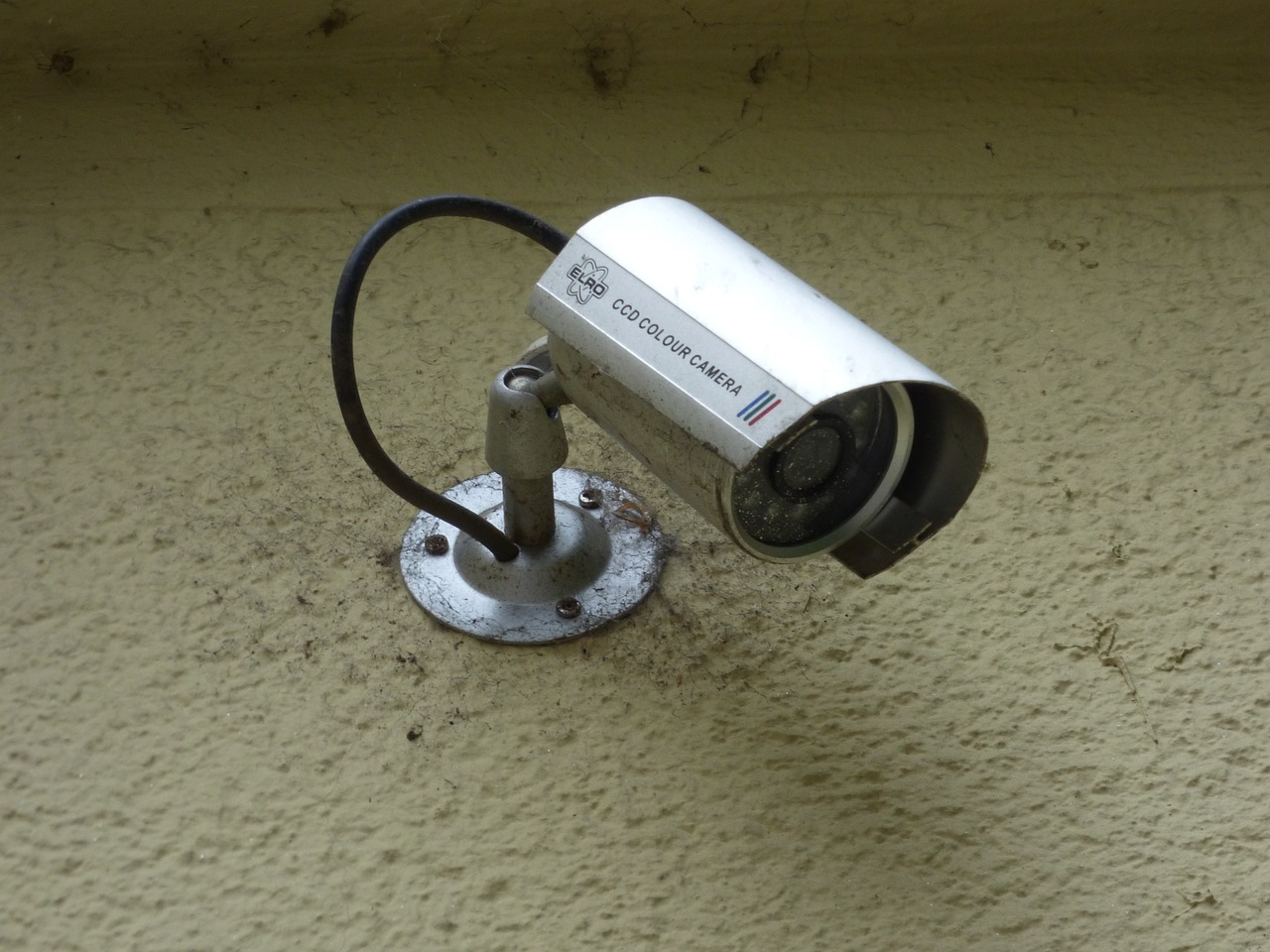
Insurance and Legal Considerations
When it comes to ensuring the safety and security of your apartment, understanding insurance and legal considerations is vital. Many apartment dwellers often overlook the importance of having adequate renter’s insurance, thinking that their landlord's policy covers everything. However, this is a common misconception that can lead to significant financial loss in the event of theft, fire, or other disasters. Renter’s insurance is designed to protect your personal belongings and can also provide liability coverage in case someone is injured in your apartment. It’s a small price to pay for peace of mind, and it can save you a lot of heartache down the line.
So, what does renter’s insurance typically cover? Here’s a quick breakdown:
| Coverage Type | Description |
|---|---|
| Personal Property | Covers your belongings like furniture, electronics, and clothing against theft or damage. |
| Liability Protection | Protects you from legal claims if someone is injured in your apartment. |
| Additional Living Expenses | Covers costs for temporary housing if your apartment becomes uninhabitable. |
In addition to understanding insurance, it's equally important to be aware of your legal rights as a tenant. Knowing your rights empowers you to take appropriate action if your security is compromised. For instance, you have the right to request security enhancements from your landlord, such as better locks or improved lighting in common areas. Familiarizing yourself with local tenant laws can also provide you with the necessary tools to advocate for your safety.
Moreover, it’s beneficial to document any security issues or concerns you encounter. Keeping a record can be invaluable if you ever need to escalate the matter to your landlord or local authorities. Remember, being proactive about your security and understanding your legal rights can significantly enhance your living experience in an apartment.
- What is renter’s insurance and do I really need it? Renter's insurance protects your personal belongings and provides liability coverage. It's highly recommended for anyone renting an apartment.
- What should I do if my landlord refuses to address security concerns? Document your concerns and refer to your local tenant laws. You may need to escalate the issue to a housing authority or seek legal advice.
- Can I increase my renter’s insurance coverage? Yes, you can often customize your policy to increase coverage limits or add specific items of value.
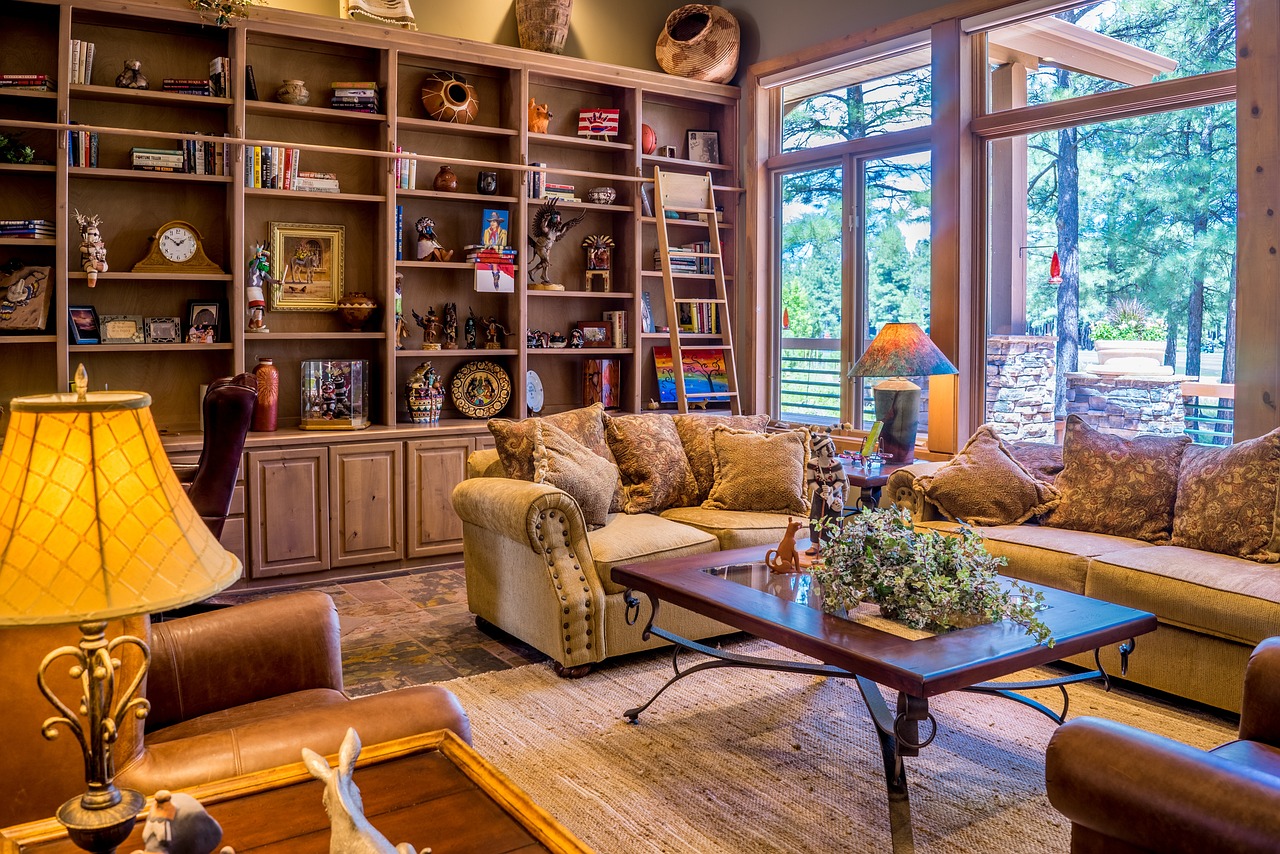
The Importance of Renter’s Insurance
When it comes to safeguarding your belongings in an apartment, renter’s insurance is often an overlooked yet crucial component of your security strategy. Imagine you come home one day to find that a burst pipe has flooded your apartment, damaging your furniture and electronics. Without renter’s insurance, you could be left to bear the financial burden of replacing everything yourself. However, with a good policy in place, you can breathe a sigh of relief knowing that your possessions are protected.
Renter’s insurance provides coverage for a variety of unfortunate events, including theft, fire, and water damage. It typically covers personal property, liability, and additional living expenses if your apartment becomes uninhabitable due to a covered loss. Here’s a breakdown of what renter’s insurance generally covers:
| Coverage Type | Description |
|---|---|
| Personal Property | Covers the cost of replacing your belongings, such as furniture, clothing, and electronics, in the event of theft or damage. |
| Liability | Protects you against legal claims if someone is injured in your apartment or if you accidentally damage someone else's property. |
| Additional Living Expenses | Covers the costs of temporary housing and other living expenses if you're unable to live in your apartment due to a covered event. |
One of the best things about renter’s insurance is that it’s usually quite affordable. The average cost can range from $15 to $30 per month, depending on factors such as location, coverage limits, and deductible amounts. For such a small price, the peace of mind it offers is invaluable. Plus, many landlords require tenants to carry renter’s insurance, so having it could also be a requirement for your lease.
In addition to protecting your physical belongings, renter’s insurance can also provide financial security. For instance, if a guest slips and falls in your apartment, the liability coverage can help cover medical expenses and legal fees, which could otherwise lead to significant out-of-pocket costs. This aspect of renter’s insurance is often underestimated but can be a lifesaver in the event of an accident.
Before purchasing a policy, it’s important to assess the value of your belongings. Take an inventory of your items, noting their worth, and consider any additional coverage you might need for high-value items like jewelry or electronics. Many policies have limits on specific categories of items, so understanding your needs will help you choose the right coverage.
In summary, renter’s insurance is not just an optional add-on; it is a critical safety net for anyone living in an apartment. With the right policy, you can protect your belongings, safeguard against liability, and ensure you have the means to recover from unexpected events. So, if you haven’t already, now is the time to consider getting renter’s insurance. You’ll be glad you did!
- What does renter's insurance cover? Renter's insurance typically covers personal property, liability, and additional living expenses.
- How much does renter's insurance cost? The average cost ranges from $15 to $30 per month, depending on various factors.
- Is renter's insurance mandatory? While not legally required, many landlords do require tenants to have renter's insurance.
- Can I get additional coverage for high-value items? Yes, you can often add additional coverage for items like jewelry or electronics.
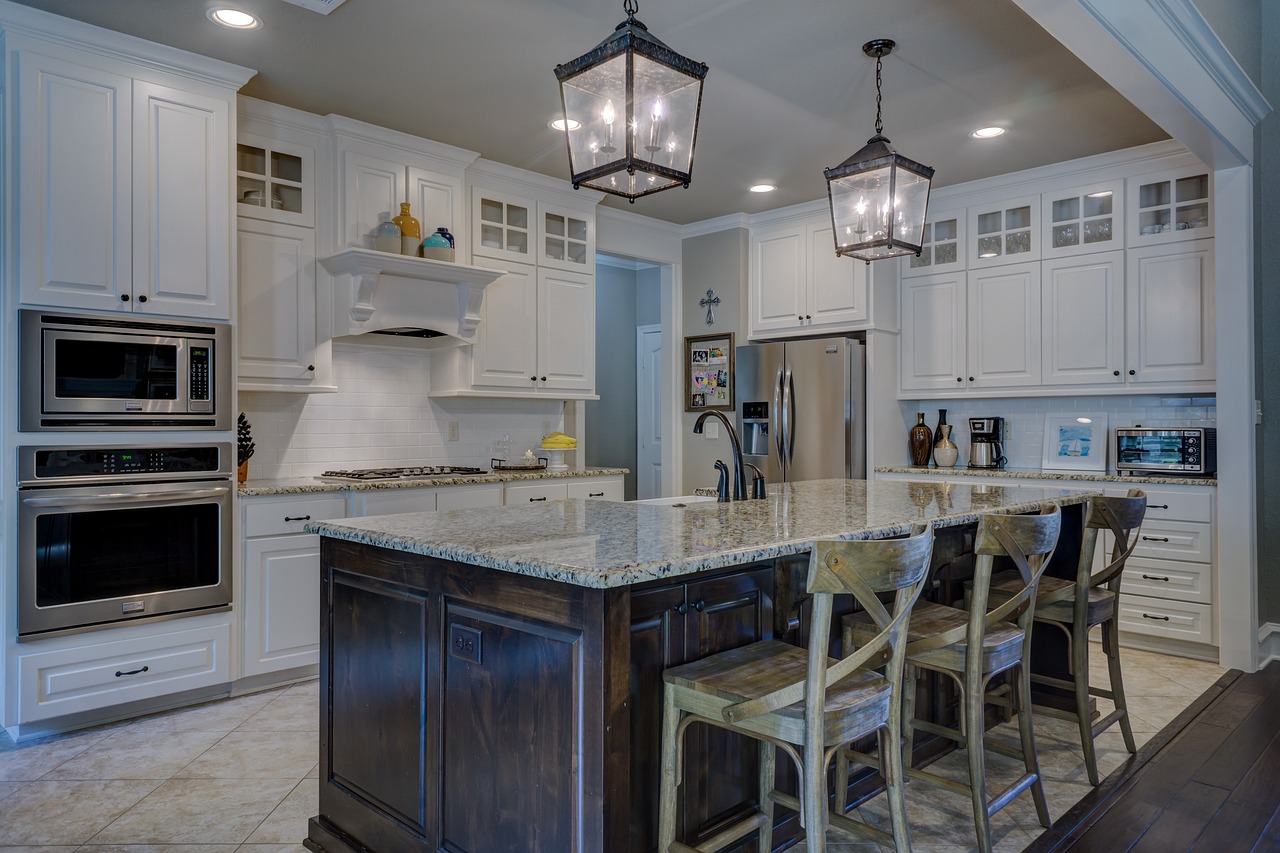
Understanding Your Rights
When it comes to home security, being aware of your rights as a tenant is crucial. Many apartment dwellers often feel a bit lost when it comes to legal matters, especially regarding security measures. It’s essential to understand that as a renter, you have specific rights that protect you and your belongings. These rights can vary from state to state, but there are some common principles that apply almost universally.
First and foremost, you have the right to a safe and secure living environment. This means that your landlord is obligated to maintain the property in a manner that ensures your safety. If there are broken locks, inadequate lighting in common areas, or any other security issues, you have the right to request repairs or improvements. It’s not just about having a roof over your head; it’s about feeling safe in your home.
Additionally, tenants often have the right to install certain security measures in their apartments. For instance, you might want to add a deadbolt or a security camera. However, it’s crucial to check your lease agreement or consult with your landlord before making any modifications. Some landlords may have policies about what changes can be made, so it’s always better to ask first to avoid any misunderstandings.
Another important aspect is your right to privacy. While landlords have the right to enter your apartment for maintenance or inspections, they must provide you with reasonable notice. Typically, this is 24 hours, but it can vary. This means you shouldn’t feel like your privacy is being invaded, especially when you’re implementing security measures to protect your home.
Moreover, understanding your rights also includes being aware of your responsibilities. For example, while you can enhance your apartment's security, you are also responsible for not compromising the safety of the building. This means you shouldn’t block exits or create hazards that could endanger other residents.
Here’s a quick overview of key tenant rights regarding apartment security:
- Right to a Safe Environment: Your landlord must ensure that the property is safe and secure.
- Right to Install Security Measures: You can request permission to install additional security features.
- Right to Privacy: Landlords must give notice before entering your apartment.
- Responsibility for Safety: You must not create hazards that could affect other tenants.
In summary, understanding your rights as a tenant is not just about knowing what you can do, but also about recognizing what your landlord is obligated to provide. If you ever feel that your rights are being violated, don’t hesitate to reach out to local tenant advocacy groups or legal resources. They can provide guidance and support to ensure that your home remains a safe haven.
Q: Can I install my own locks on my apartment door?
A: Generally, you can, but it’s best to check with your landlord first. Some leases require you to use specific types of locks.
Q: What should I do if my landlord refuses to fix a security issue?
A: Document your requests and consider reaching out to local housing authorities or tenant rights organizations for assistance.
Q: How much notice does my landlord need to give before entering my apartment?
A: Most states require landlords to give at least 24 hours notice, but this can vary, so check your lease agreement.
Q: Am I responsible for security measures in common areas?
A: Typically, the landlord is responsible for maintaining security in common areas, but you can report any concerns to them.
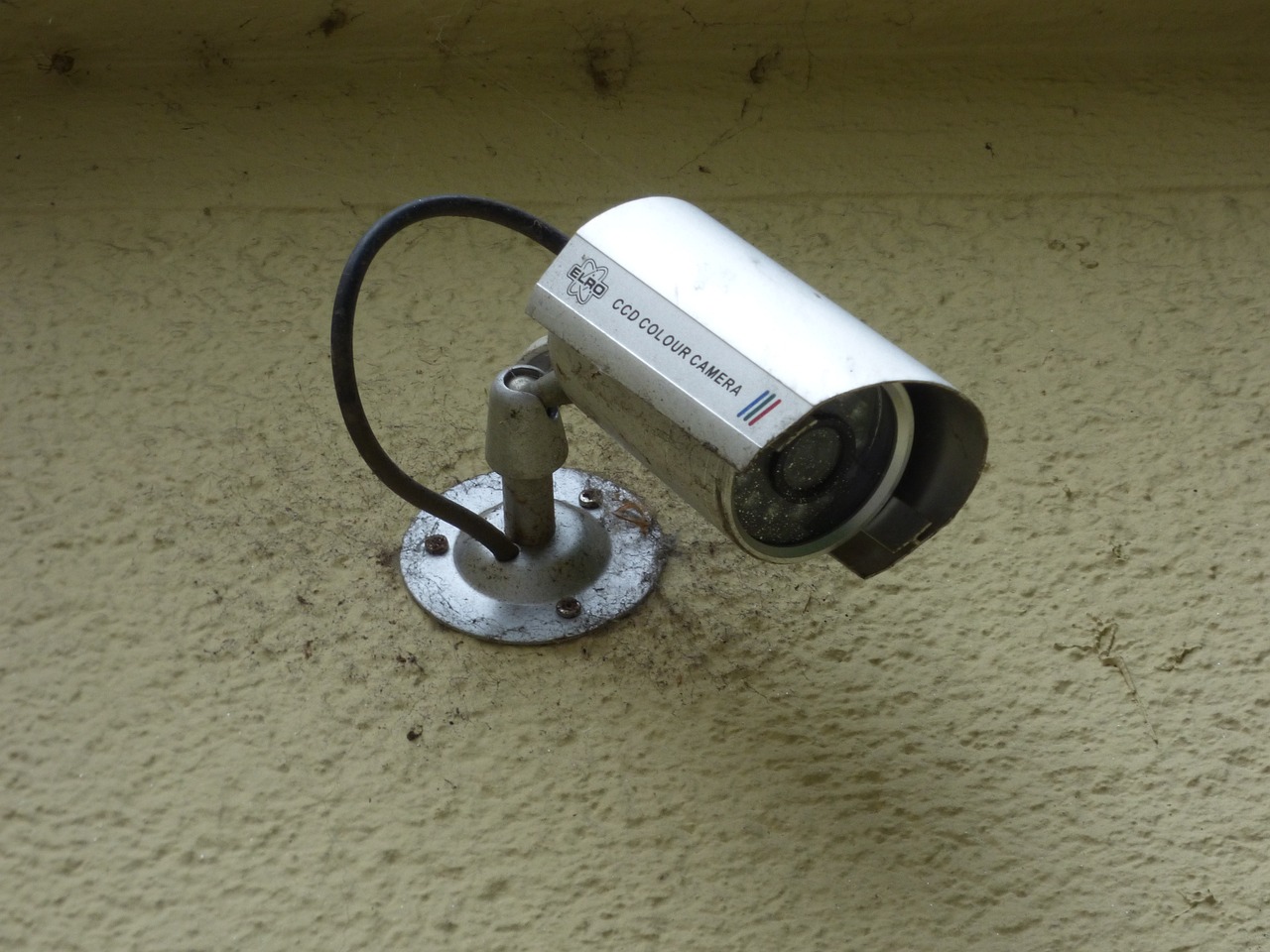
Final Thoughts on Apartment Security
In the world we live in today, implementing effective security strategies is not just a luxury; it's a necessity for apartment dwellers. With the rise in urban living and the increasing number of people sharing spaces, ensuring the safety of your home has never been more critical. Think about it: your apartment is not just a place to sleep; it's a sanctuary where you should feel safe and secure. By taking proactive steps, you can significantly reduce the risk of break-ins and create a more secure living environment.
As we’ve discussed throughout this article, there are several layers to consider when it comes to apartment security. From assessing vulnerabilities in your entry points to utilizing the latest smart home technology, each strategy plays a vital role. It’s important to remember that security is not a one-size-fits-all approach. What works for one apartment may not be suitable for another. Therefore, it’s essential to evaluate your specific circumstances and tailor your security measures accordingly.
Moreover, building a sense of community can greatly enhance your security efforts. When neighbors look out for each other, it creates an environment where suspicious activities are quickly reported, and everyone feels more at ease. Establishing a neighborhood watch program can be a game-changer in fostering this sense of community vigilance. After all, there’s strength in numbers, and a united front can deter potential intruders.
Lastly, always keep in mind the importance of being prepared for emergencies. Having an evacuation plan and knowing your emergency contacts can make a significant difference in critical situations. It’s not just about preventing break-ins; it’s about being ready for anything life throws your way.
In conclusion, the key takeaways for enhancing your apartment security include:
- Assessing vulnerabilities and reinforcing entry points.
- Utilizing smart technology to stay connected and secure.
- Building community relationships for collective safety.
- Being prepared for emergencies with a clear plan.
- Understanding your rights and the importance of renter’s insurance.
By taking these steps, you can transform your apartment into a fortress of safety. Remember, it’s not just about the physical barriers you put in place; it’s also about the mindset you cultivate. Stay vigilant, stay informed, and take charge of your home security. Your peace of mind is worth it!
To help you further, here are some commonly asked questions regarding apartment security:
- What is the best way to secure my apartment doors?
Reinforcing doors with deadbolts, door jammers, and security bars is highly effective. Always choose high-quality locks for optimal security.
- Are smart home devices worth the investment?
Absolutely! Smart home devices not only enhance security but also provide convenience, allowing you to monitor your home remotely.
- How can I communicate effectively with my neighbors about security?
Open discussions, community meetings, and social media groups can foster better communication. Sharing concerns and tips can strengthen neighborhood bonds.
- What should I include in my emergency preparedness plan?
Your plan should include evacuation routes, emergency contacts, and a checklist of essential items to grab in case of an emergency.
Frequently Asked Questions
- What are the most common vulnerabilities in apartment security?
Common vulnerabilities in apartment security often include inadequate door and window locks, poor lighting in entryways, and lack of security systems. It's crucial to assess these areas regularly to identify any weaknesses that could be easily exploited by intruders.
- How can I secure my apartment doors effectively?
To secure your apartment doors, consider installing deadbolts, door jammers, and security bars. Additionally, using high-quality locks and installing peepholes or door chains can significantly enhance your security and provide peace of mind.
- What technology can I use to improve my apartment security?
Smart home technology offers a variety of solutions for apartment security. You can integrate security cameras, smart locks, and alarm systems into your home. Devices like smart lights can also deter potential intruders by simulating occupancy when you're away.
- How important is community awareness for apartment security?
Building community awareness is vital for enhancing security. Establishing open communication with neighbors and creating a neighborhood watch program can foster a sense of safety and encourage collective vigilance against crime.
- What should I include in my emergency preparedness plan?
Your emergency preparedness plan should include clear evacuation routes, designated meeting points, and a list of emergency contacts. Regularly review and practice this plan with all household members to ensure everyone knows what to do in case of an emergency.
- Is renter’s insurance necessary for apartment dwellers?
Yes, renter’s insurance is essential for apartment dwellers as it protects your belongings in case of theft, fire, or other disasters. It typically covers personal property, liability, and additional living expenses if you need to temporarily relocate.
- What legal rights do I have regarding apartment security?
As a tenant, you have the right to request reasonable security measures from your landlord. This includes secure locks, adequate lighting in common areas, and functioning smoke detectors. Familiarizing yourself with local tenant laws can empower you to advocate for your safety.

